Imagine checking on your crested gecko, only to realize it hasn’t eaten in days. Panic sets in — how long can it go without food before serious harm kicks in?
The truth is, crested geckos can survive without food, but that doesn’t mean they should. Prolonged fasting can lead to weight loss, stress, and irreversible health issues.
So, how long is too long? And what should you do if your gecko refuses to eat? Let’s break it down before it’s too late.
How Long Can Crested Geckos Survive Without Food?
Crested geckos have slow metabolisms, which means they don’t need to eat daily like mammals do. In the wild, food sources aren’t always available, so their bodies can go into survival mode when necessary.
However, captive geckos rely on YOU to ensure they’re well-fed and thriving. Here’s what you need to know about fasting limits:
-
Healthy adult crested geckos can go up to 2-3 weeks without food if they are well-hydrated.
-
Juvenile crested geckos shouldn’t go longer than 4-5 days without food, as they need frequent nutrients for growth.
-
Sick or underweight geckos should never go more than a few days without food.
While survival is possible, extended fasting weakens their immune system, depletes fat stores, and can lead to stress-related issues.
Common Reasons Crested Geckos Stop Eating
If your gecko is refusing food, don’t panic just yet. Here are some common reasons they may be skipping meals:
1. Stress & Environmental Changes
Geckos are highly sensitive to their surroundings. A new enclosure, a recent move, or excessive handling can make them feel unsafe and cause them to stop eating.
Solution: Minimize disturbances and provide plenty of hiding spots, like the Geckopia Flex Bridge, to help them feel secure.
2. Shedding
Geckos often lose their appetite before shedding. The process is uncomfortable, making them less interested in food.
Solution: Ensure they have access to a moist hide, like a Dig Box, to help soften their skin and speed up the shedding process.
3. Incorrect Temperature & Humidity
Crested geckos thrive in temperatures between 72-78°F and humidity levels of 60-80%. If these conditions are off, digestion slows down, and they may refuse to eat.
Solution: Use a digital thermometer and hygrometer to monitor their enclosure. If humidity drops, mist the tank or use a Premium Reptile Liner to help maintain moisture.
4. Brumation (Seasonal Fasting)
During cooler months, geckos may enter a semi-hibernation state known as brumation. This naturally reduces their appetite.
Solution: If your gecko is healthy and still drinking water, occasional fasting during winter is normal. Just ensure they stay hydrated.
5. Illness or Parasites
If your gecko is losing weight rapidly, acting lethargic, or showing signs of weakness, an underlying illness could be the issue.
Solution: If appetite loss lasts more than two weeks, consult a reptile vet. Regular enclosure cleaning can also prevent illnesses.
How to Encourage a Picky Crested Gecko to Eat
If your gecko is skipping meals, try these proven feeding strategies to stimulate their appetite:
1. Offer a Variety of Foods
Some geckos get bored with eating the same food every day. Try offering:
-
Crested gecko diet (CGD) mixed with fresh fruit
-
Live insects like Dubia roaches, crickets, or mealworms
-
Mashed bananas, mangoes, or papaya for a natural sugar boost
Use the Gecko Bowl to neatly serve food, water, and supplements in one spot!
2. Hand-Feed or Use Tweezers
If your gecko isn’t eating from a dish, try offering food with tweezers. Sometimes, movement stimulates their hunting instinct.
3. Feed at Night
Crested geckos are nocturnal, meaning they are most active at night. Offer food in the evening when they naturally start exploring.
4. Make Sure Food Is Fresh
Old food dries out quickly, making it unappetizing. Use a Gecko Bowl to keep food fresh longer and prevent waste.
What About Water? How Long Can Crested Geckos Go Without It?
Unlike food, crested geckos cannot go long without water. They absorb moisture through their skin and drink droplets from leaves.
A dehydrated gecko will show wrinkled skin, sunken eyes, and lethargy. If you suspect dehydration:
-
Mist the enclosure more often
-
Provide a small water dish (they rarely drink from standing water, but having one available helps)
-
Offer fruits with high water content, like watermelon or cucumbers
Hydration is key to survival. Never let your gecko go more than 2-3 days without access to water.
Final Thoughts: How Long is Too Long Without Food?
While a healthy adult crested gecko can survive up to 2-3 weeks without food, it’s not ideal. Extended fasting leads to weight loss, stress, and weakened immunity.
Here’s what to do if your gecko stops eating:
- Check temperature & humidity – Improper conditions often cause appetite loss
- Reduce stress – Avoid excessive handling and loud noises
- Offer a variety of foods – Try different flavors or live insects
- Use a proper feeding setup – The Gecko Bowl keeps food fresh and easy to access
- Monitor hydration – Mist daily and watch for dehydration signs
If your gecko hasn’t eaten in two weeks and is losing weight, seek veterinary advice.
Have you ever dealt with a picky eater? How long did your gecko go without food before eating again? Drop a comment below!

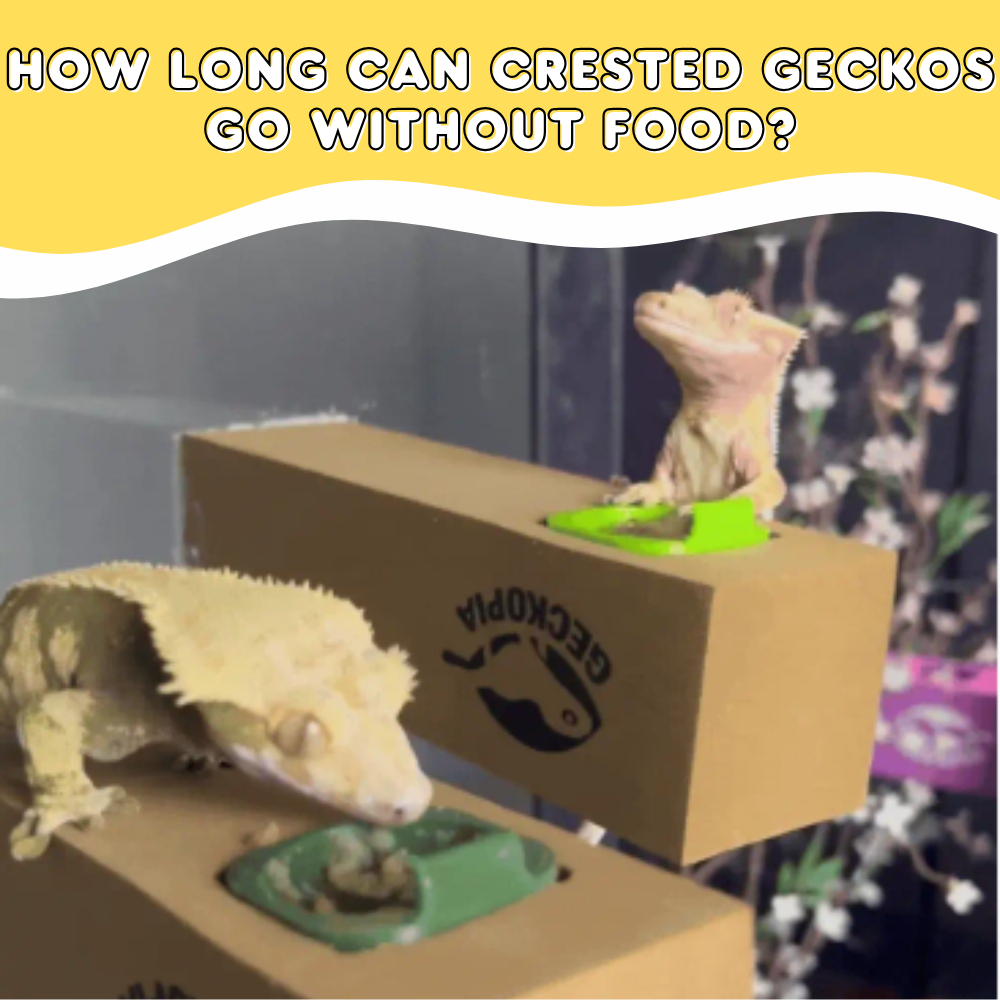







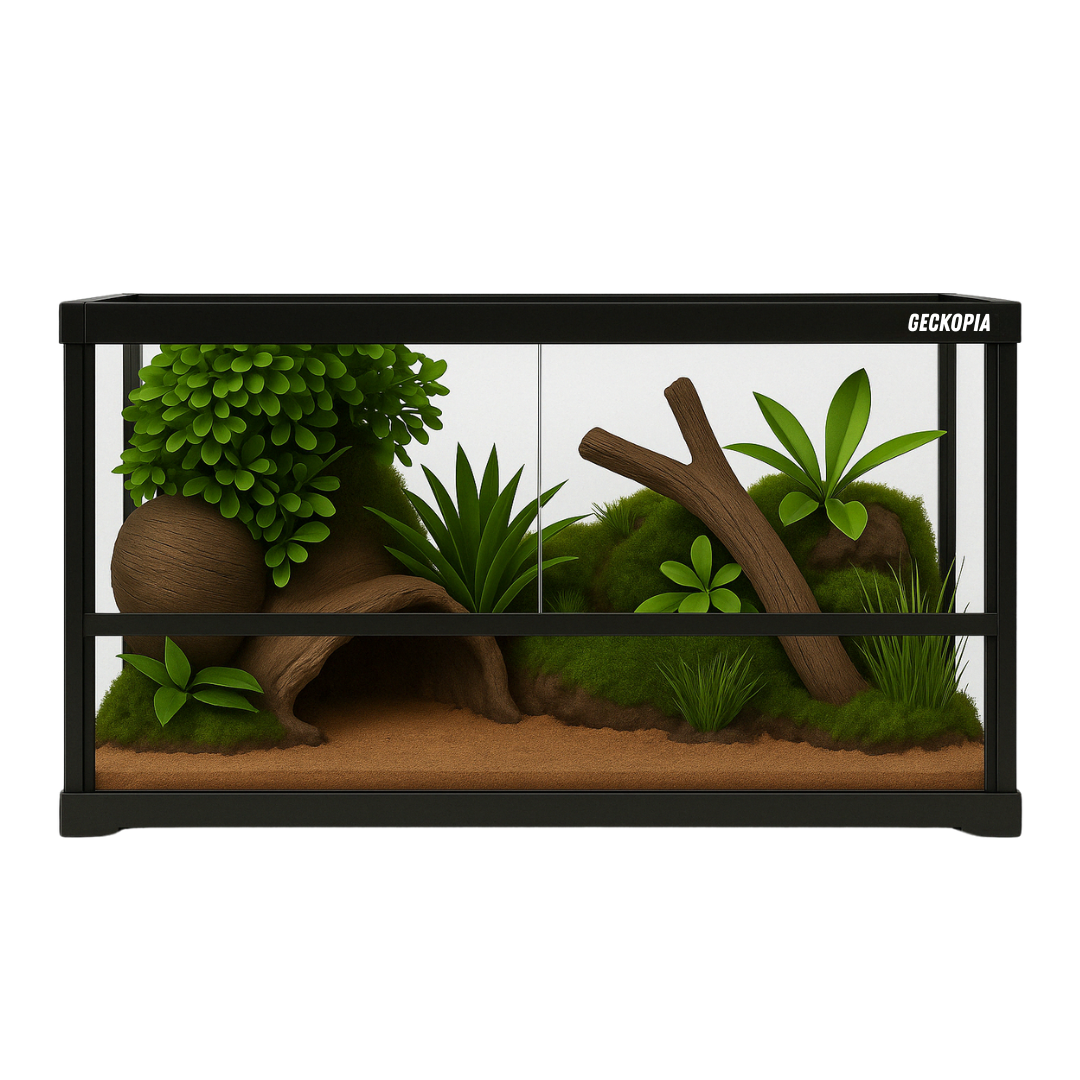
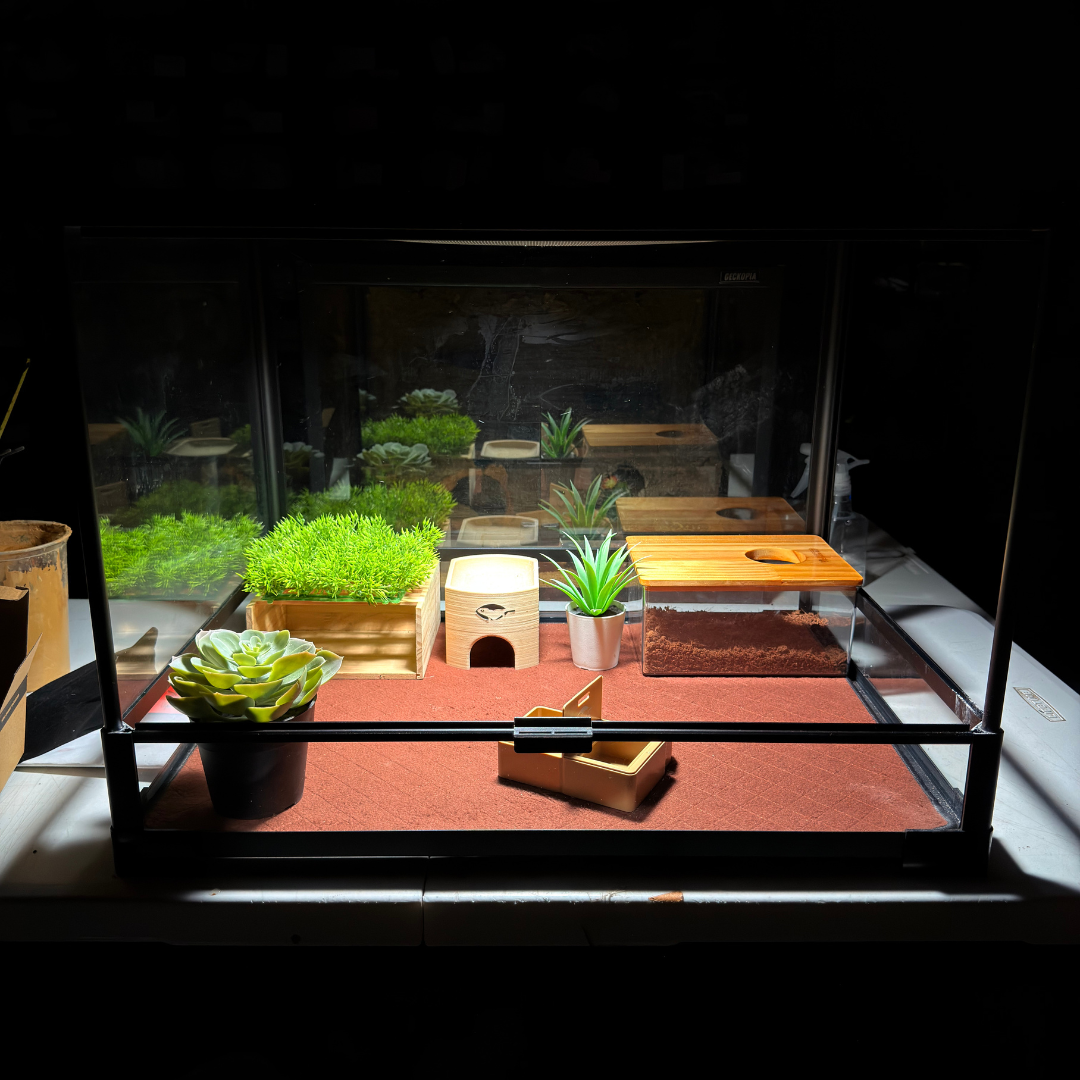
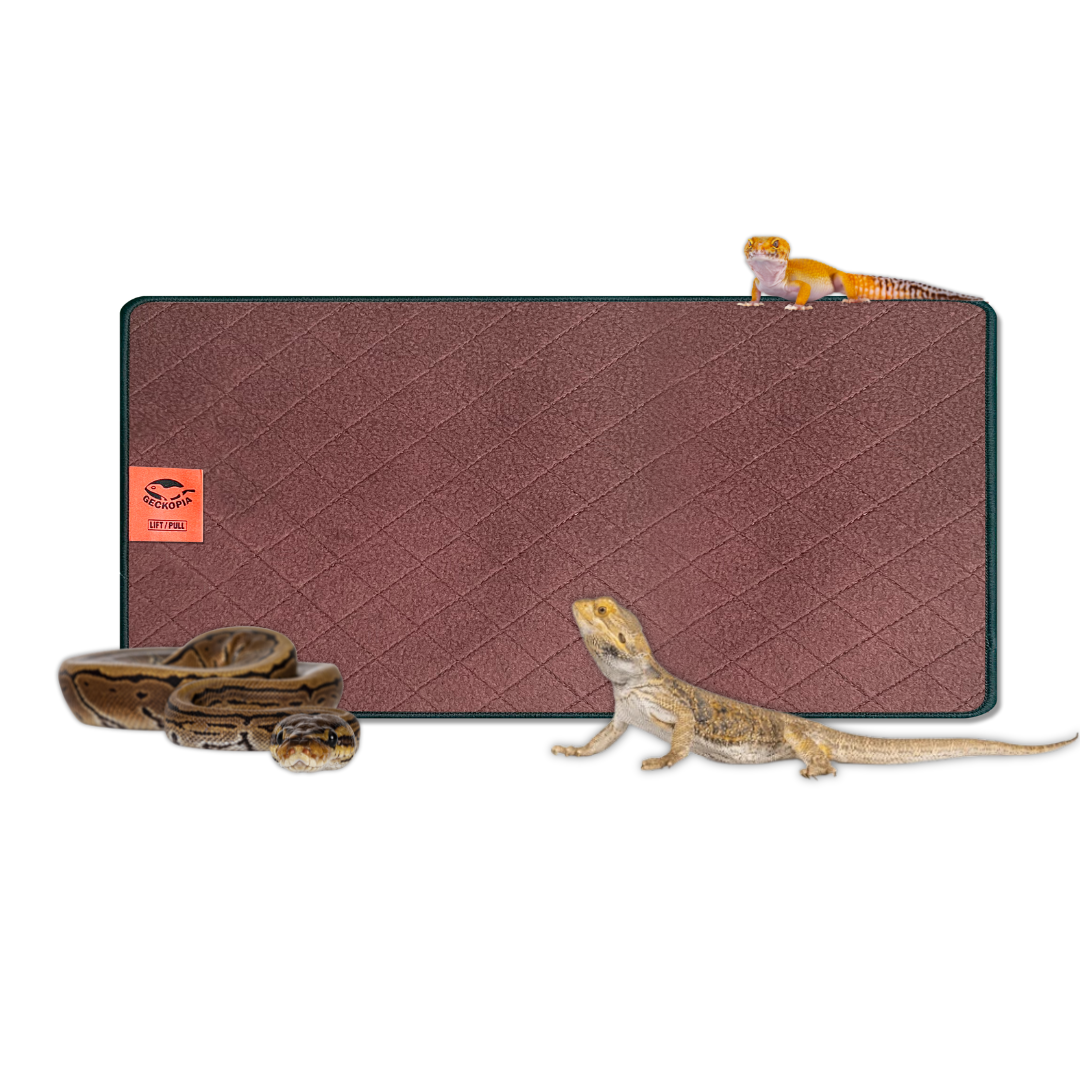
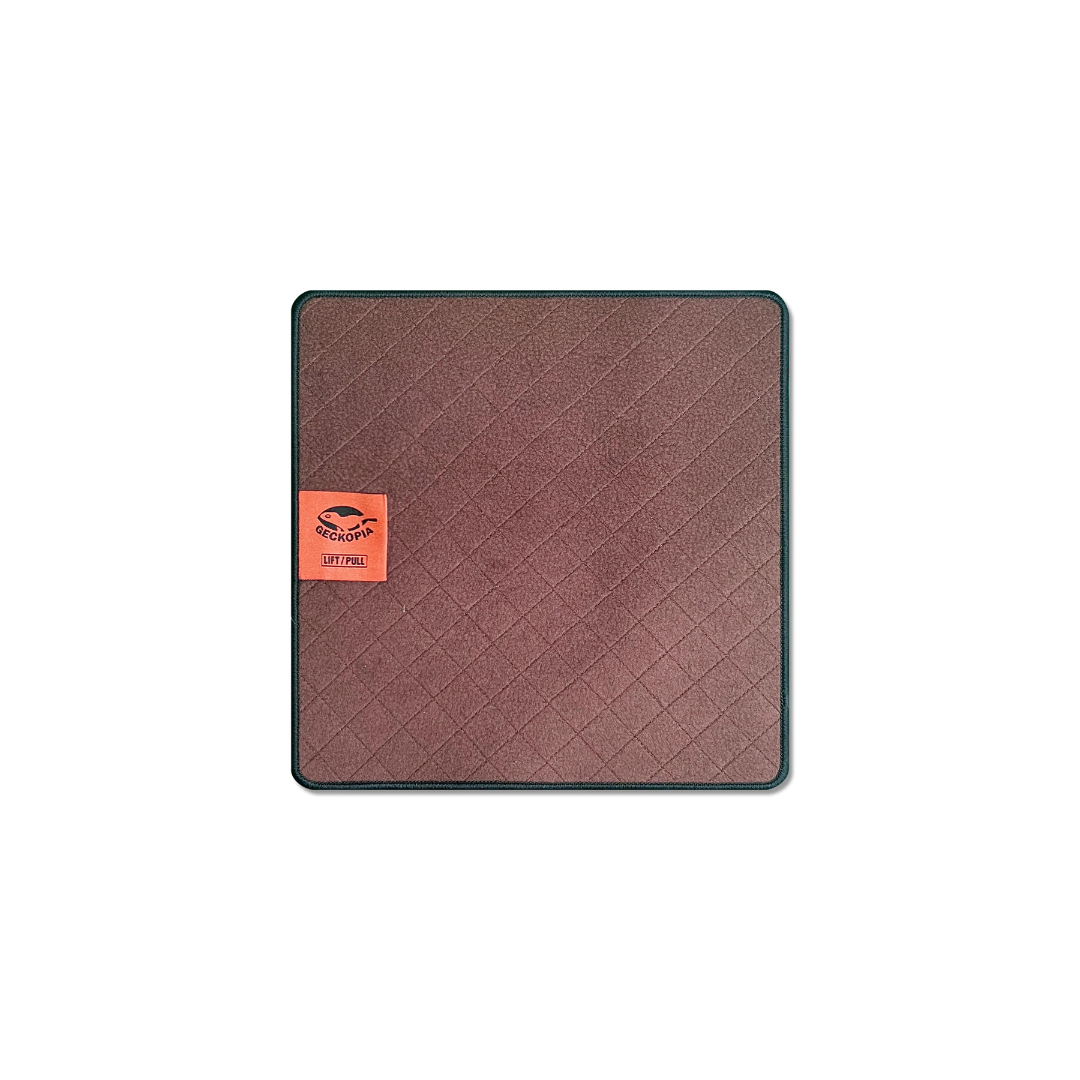
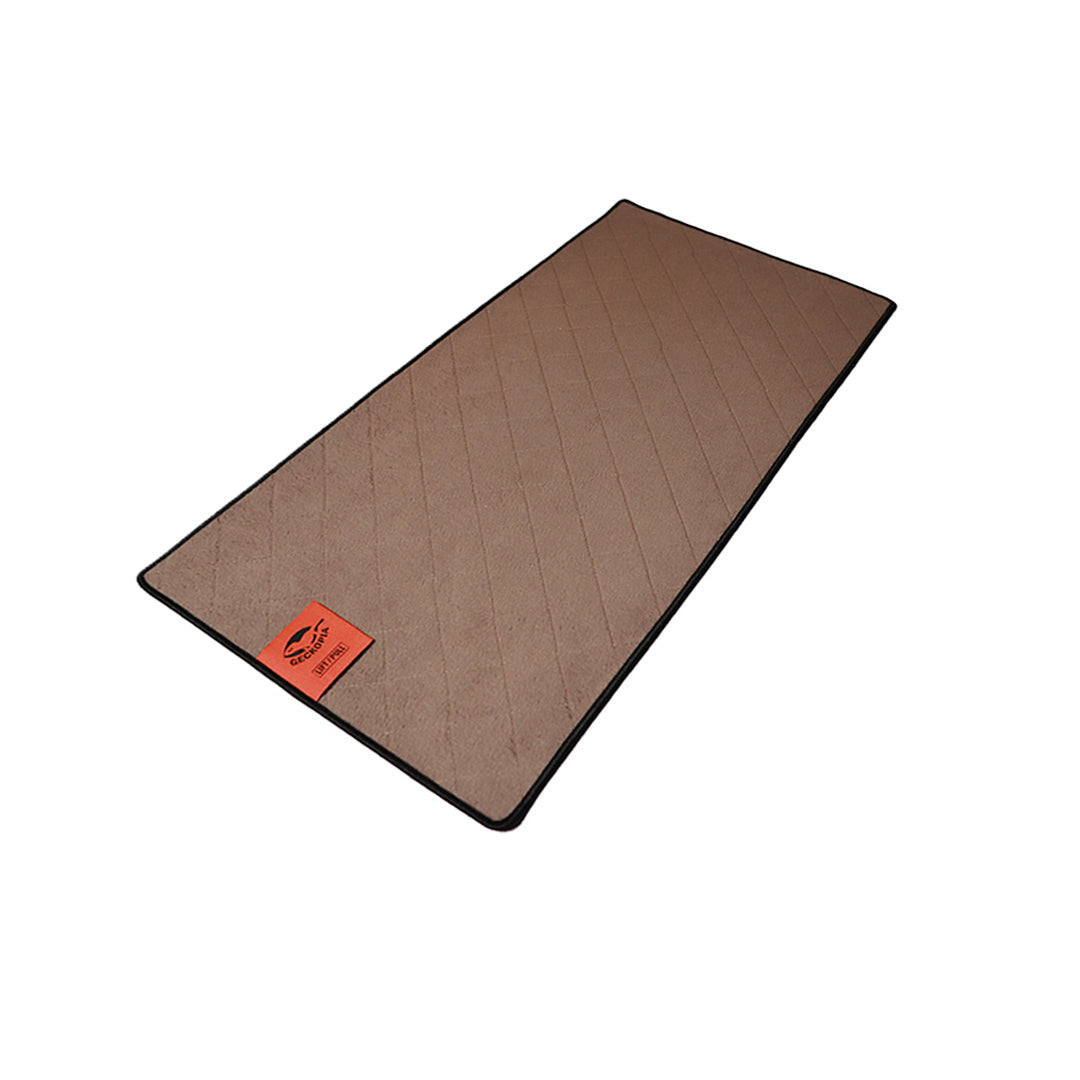
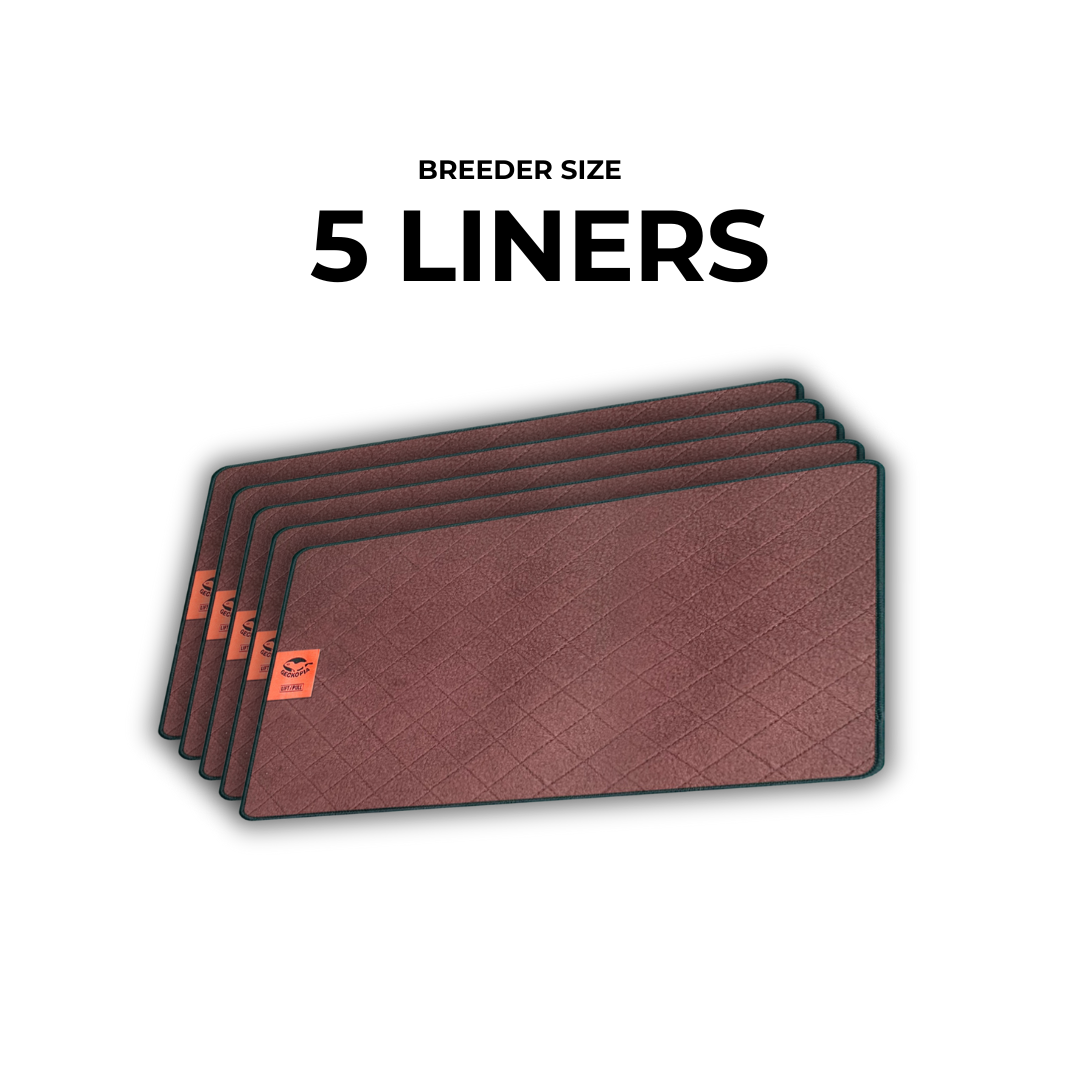
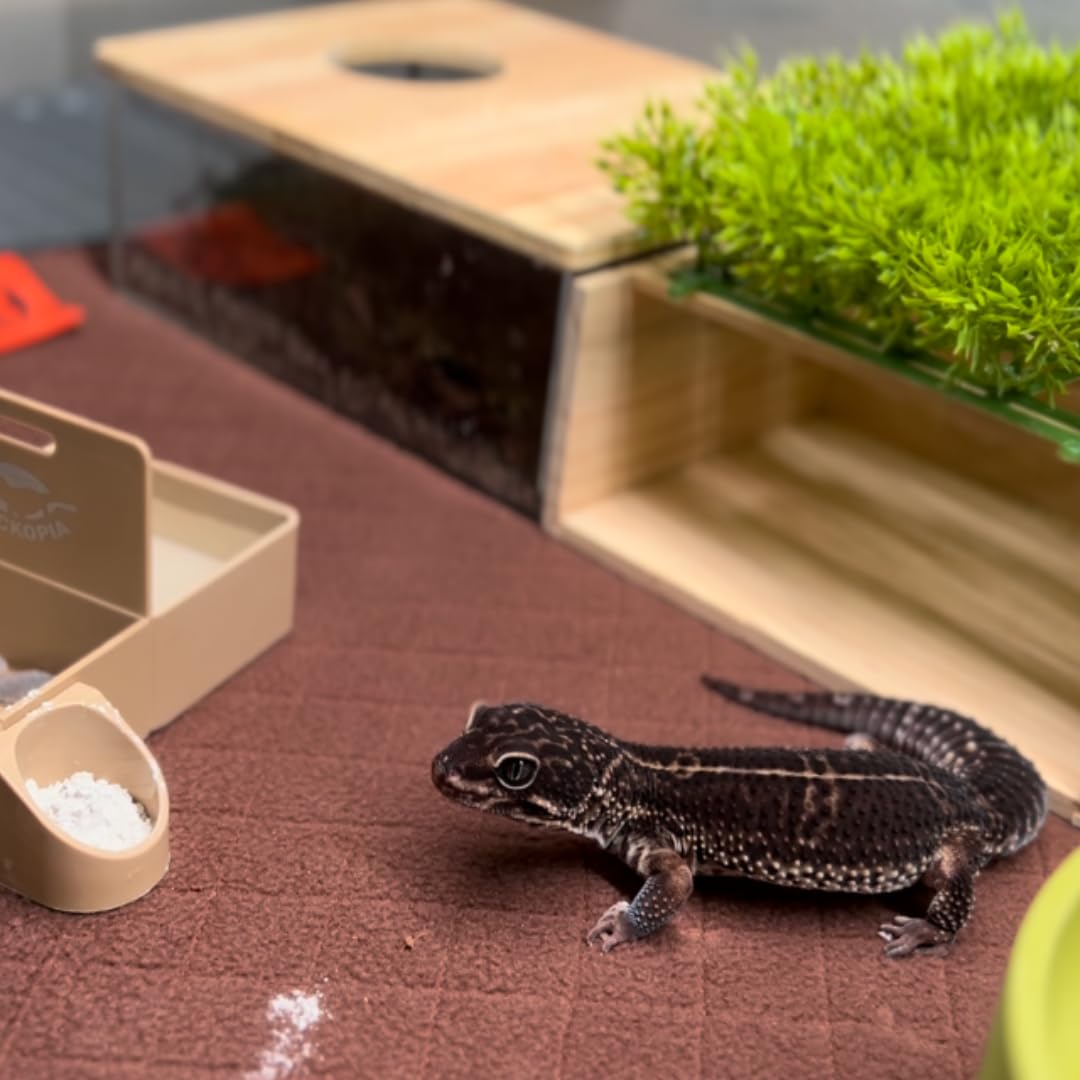
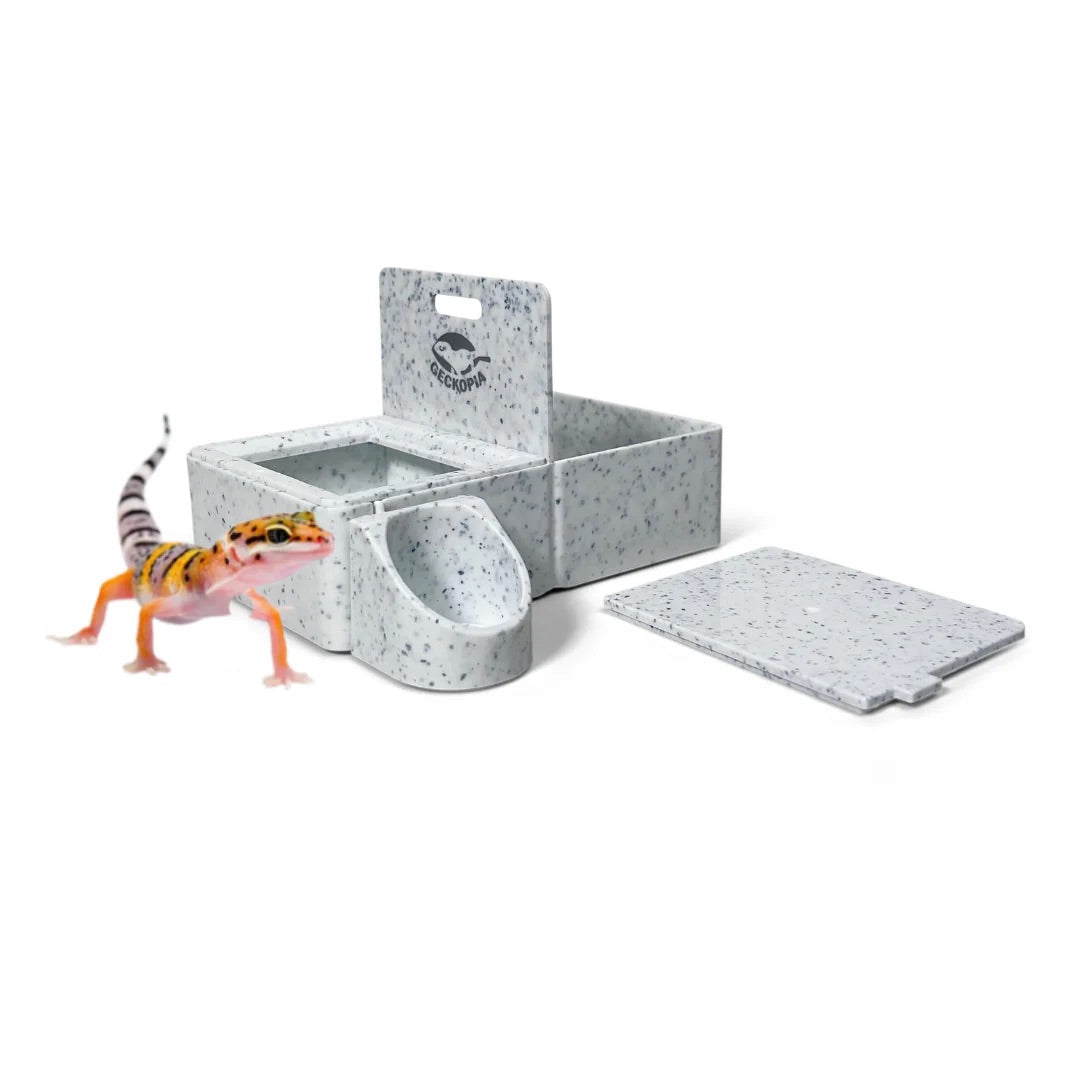

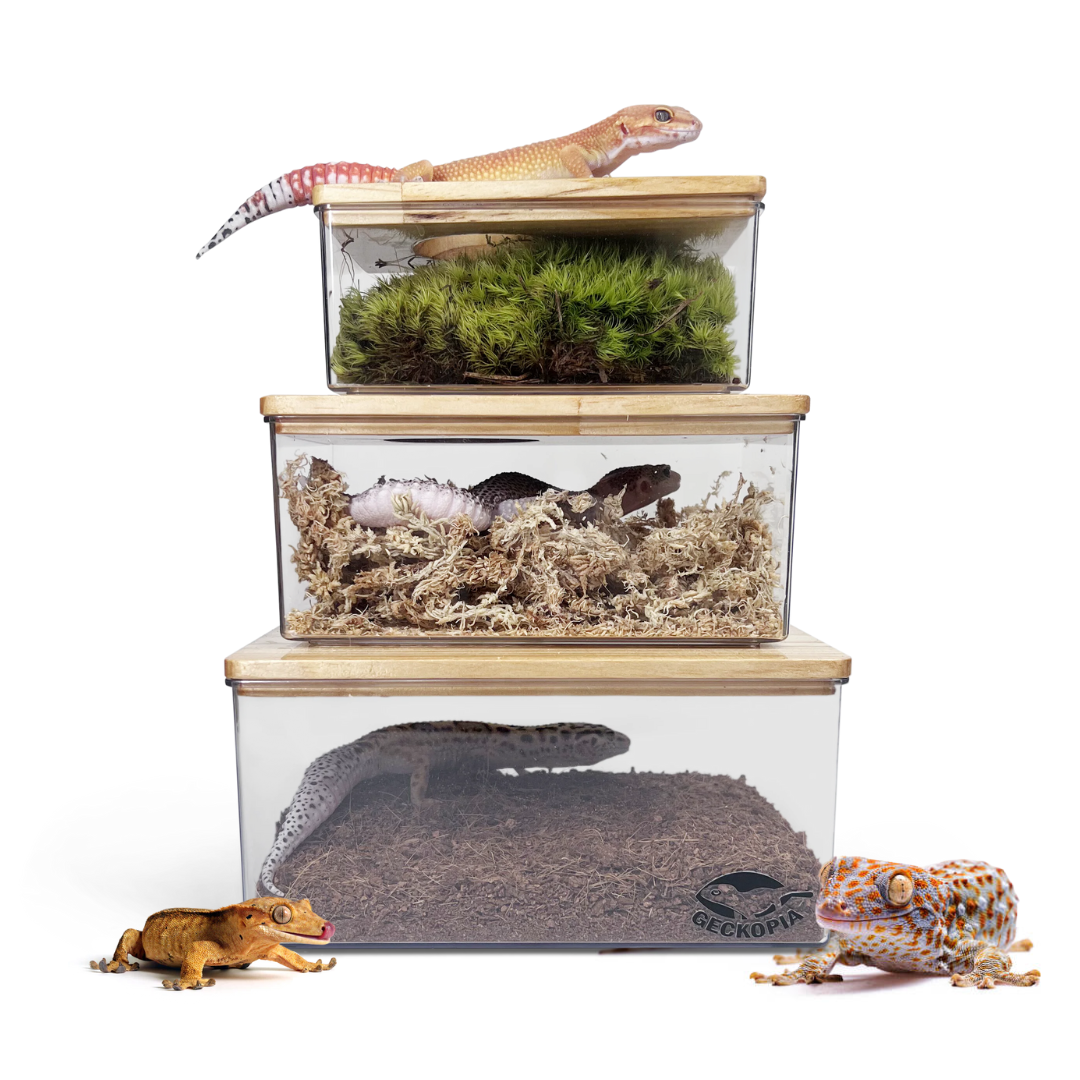
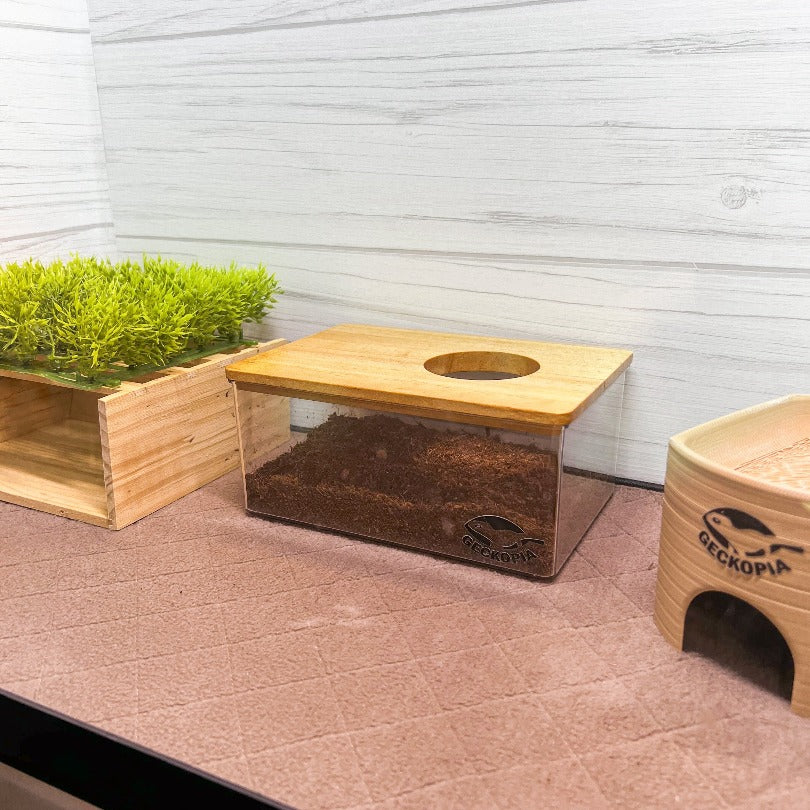
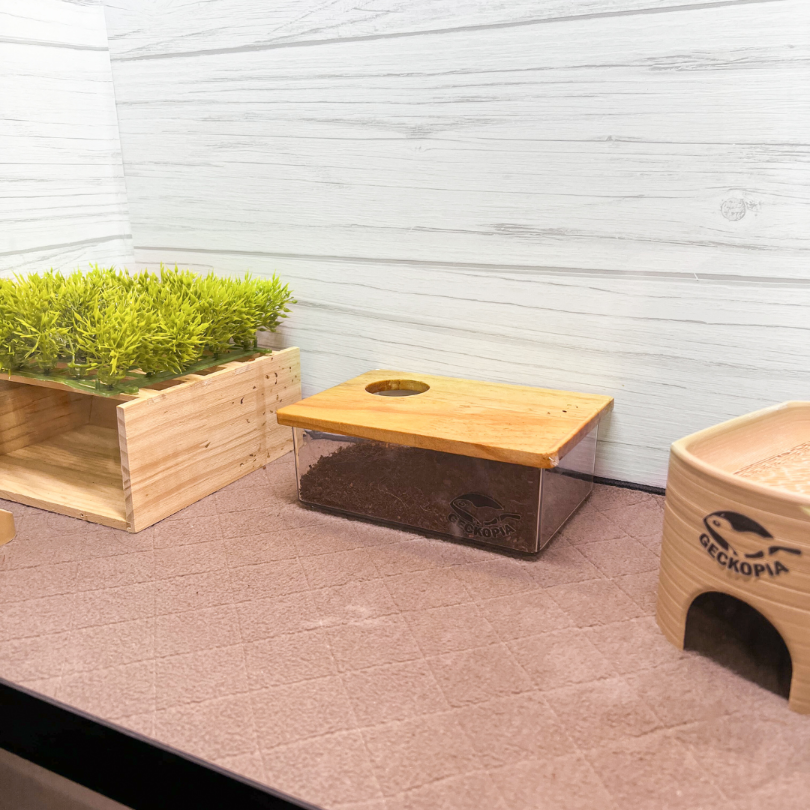
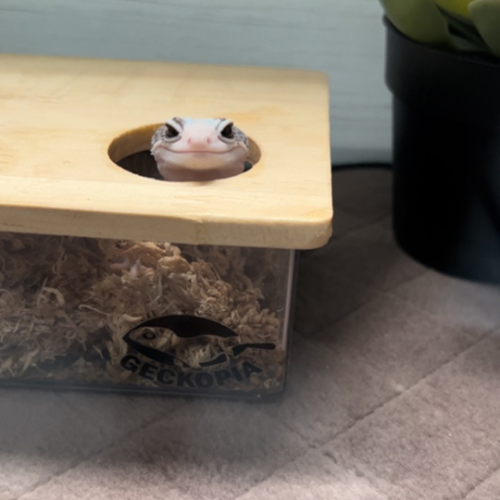
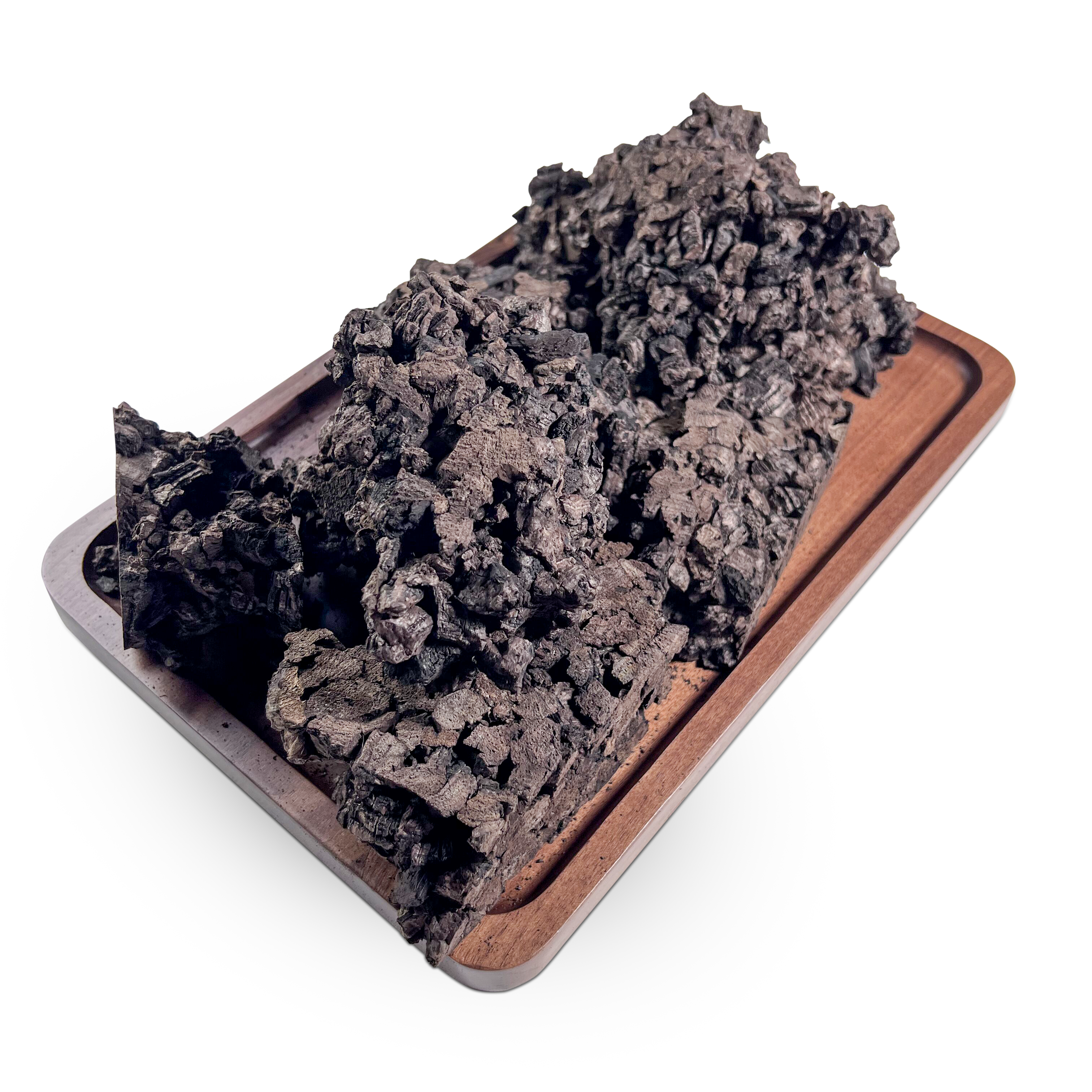
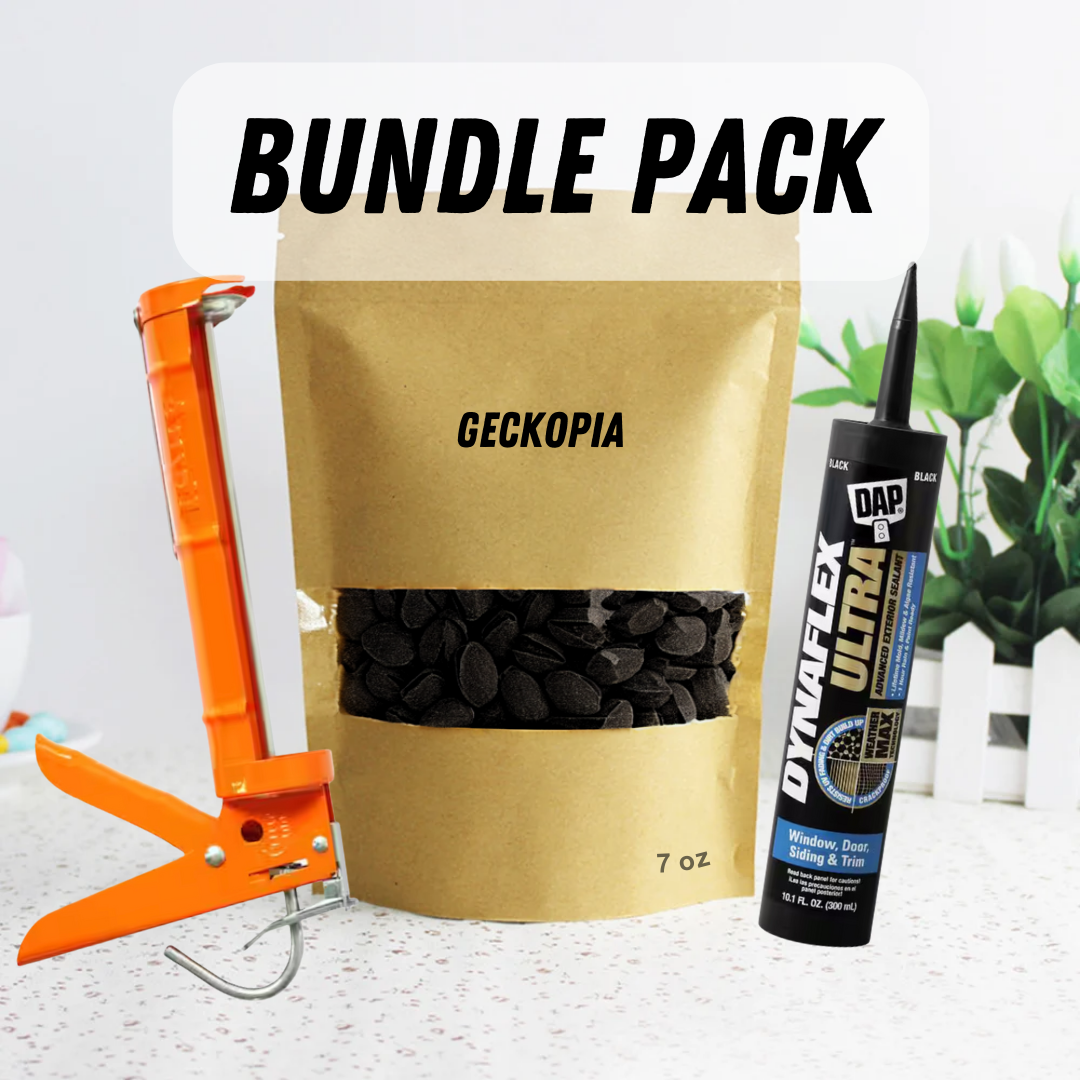
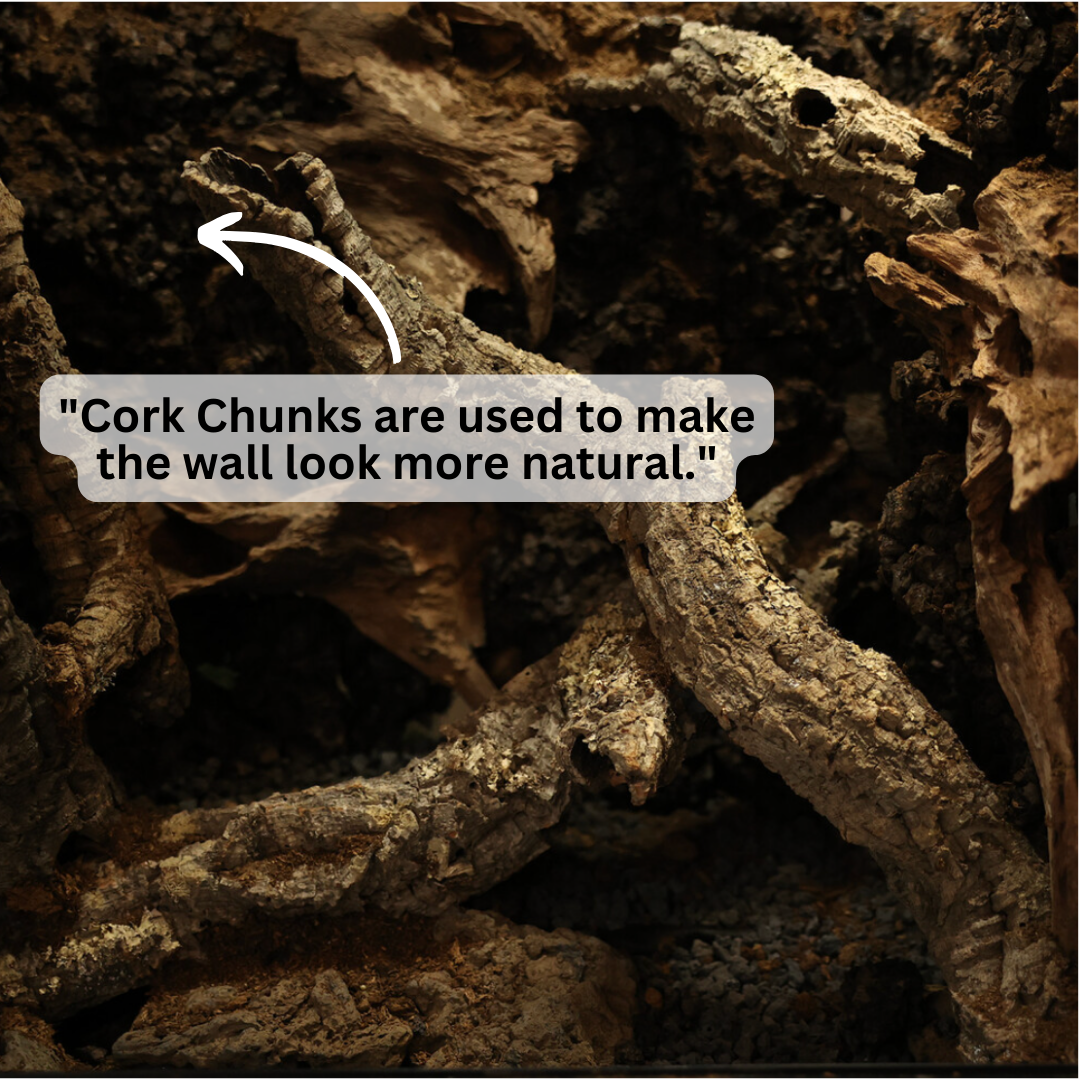
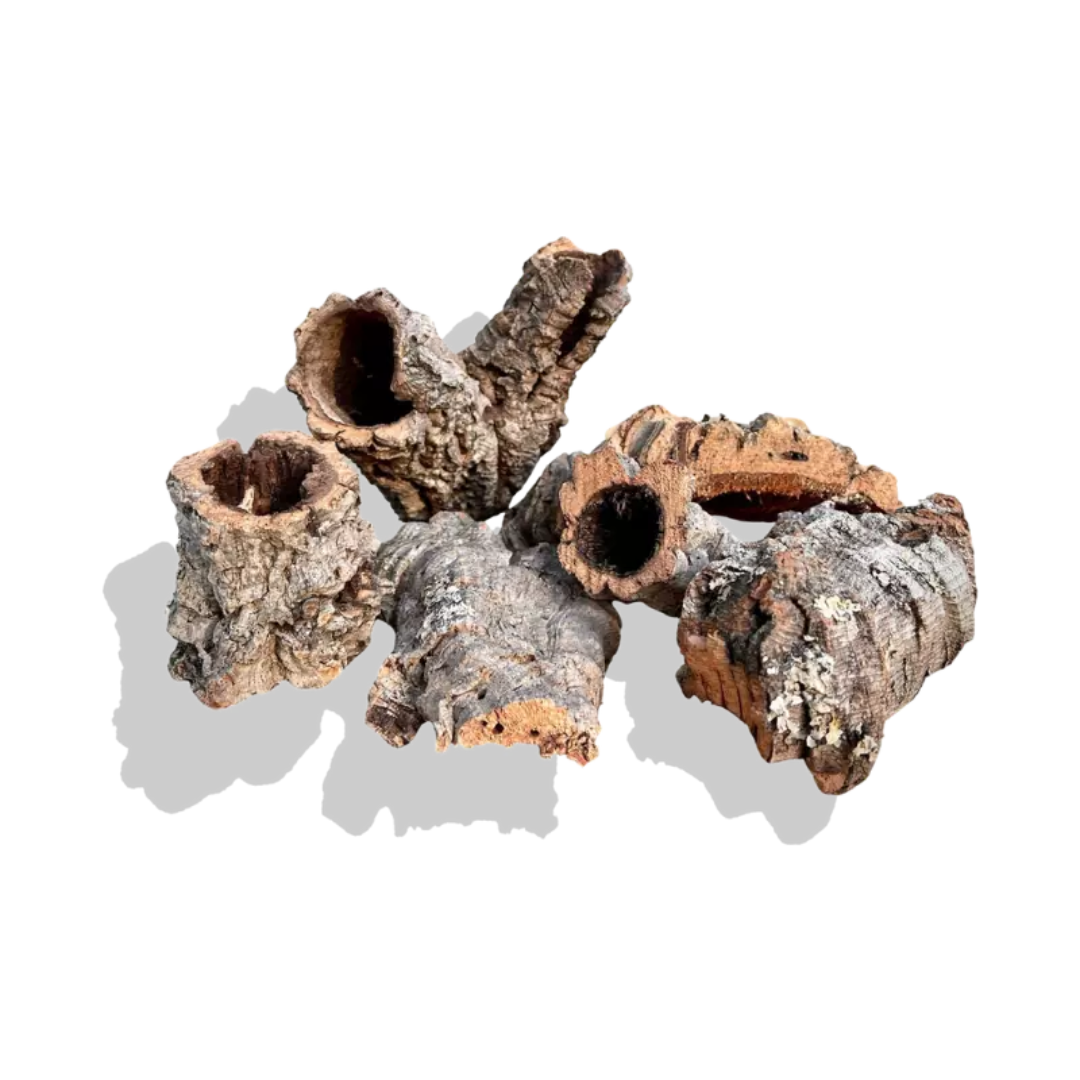
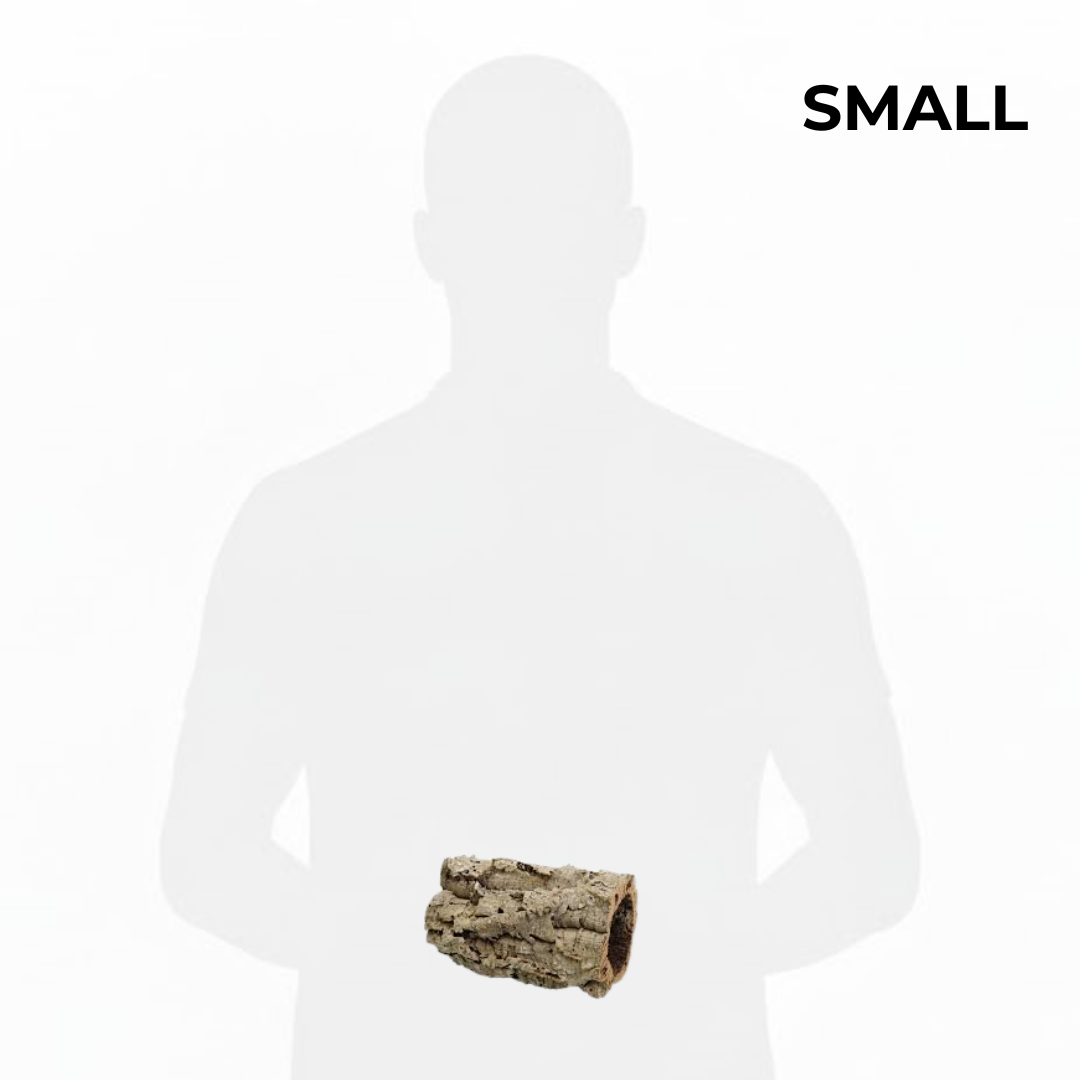
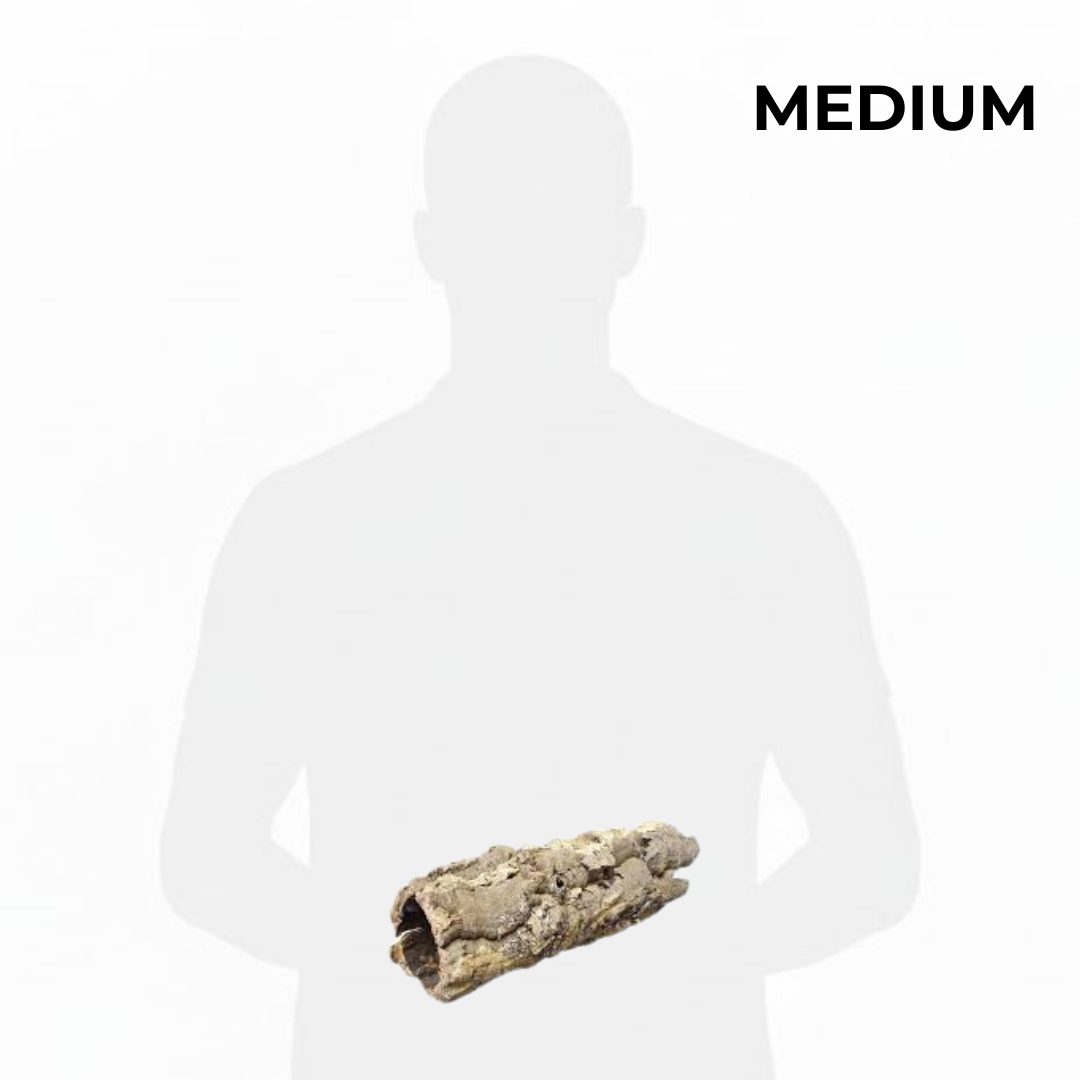
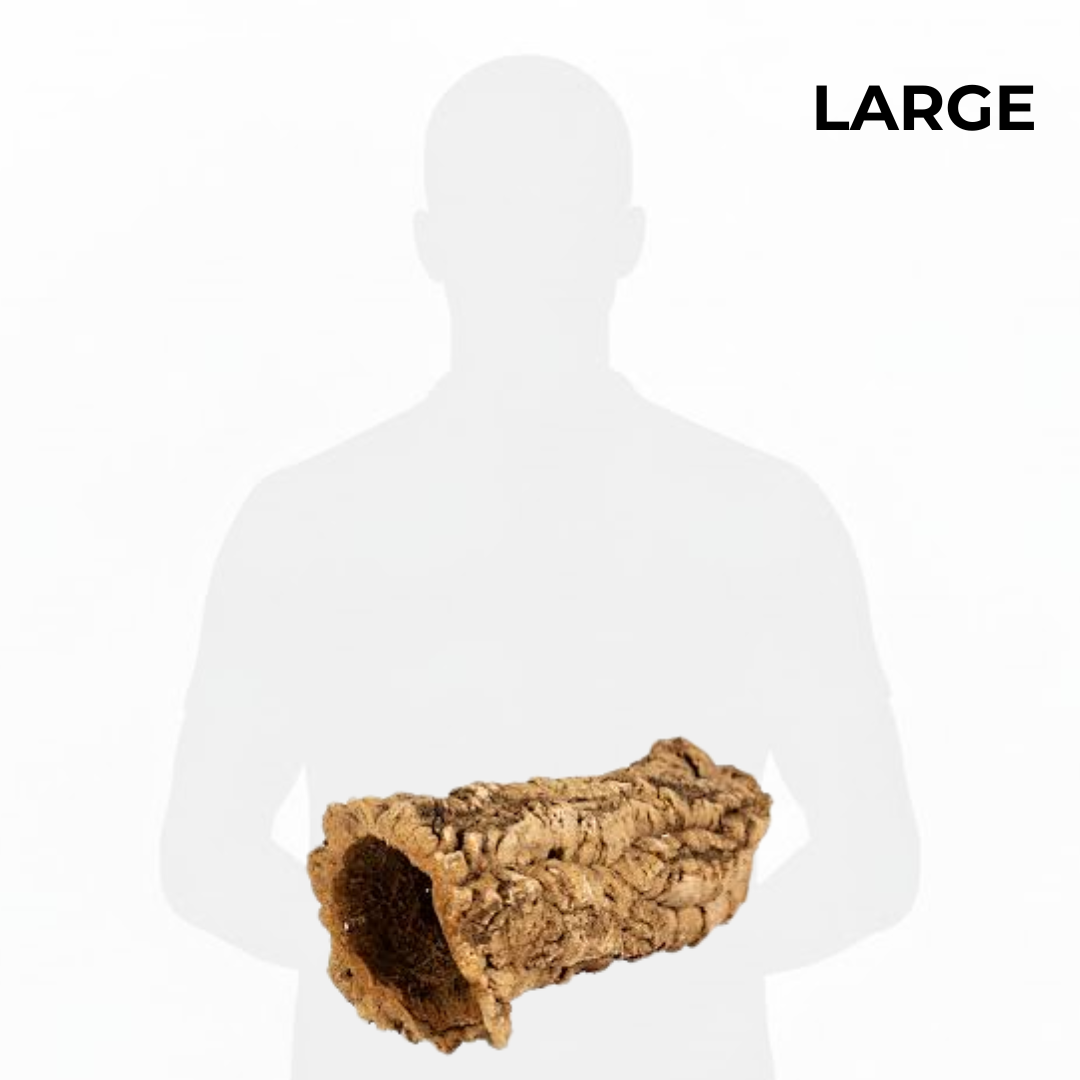
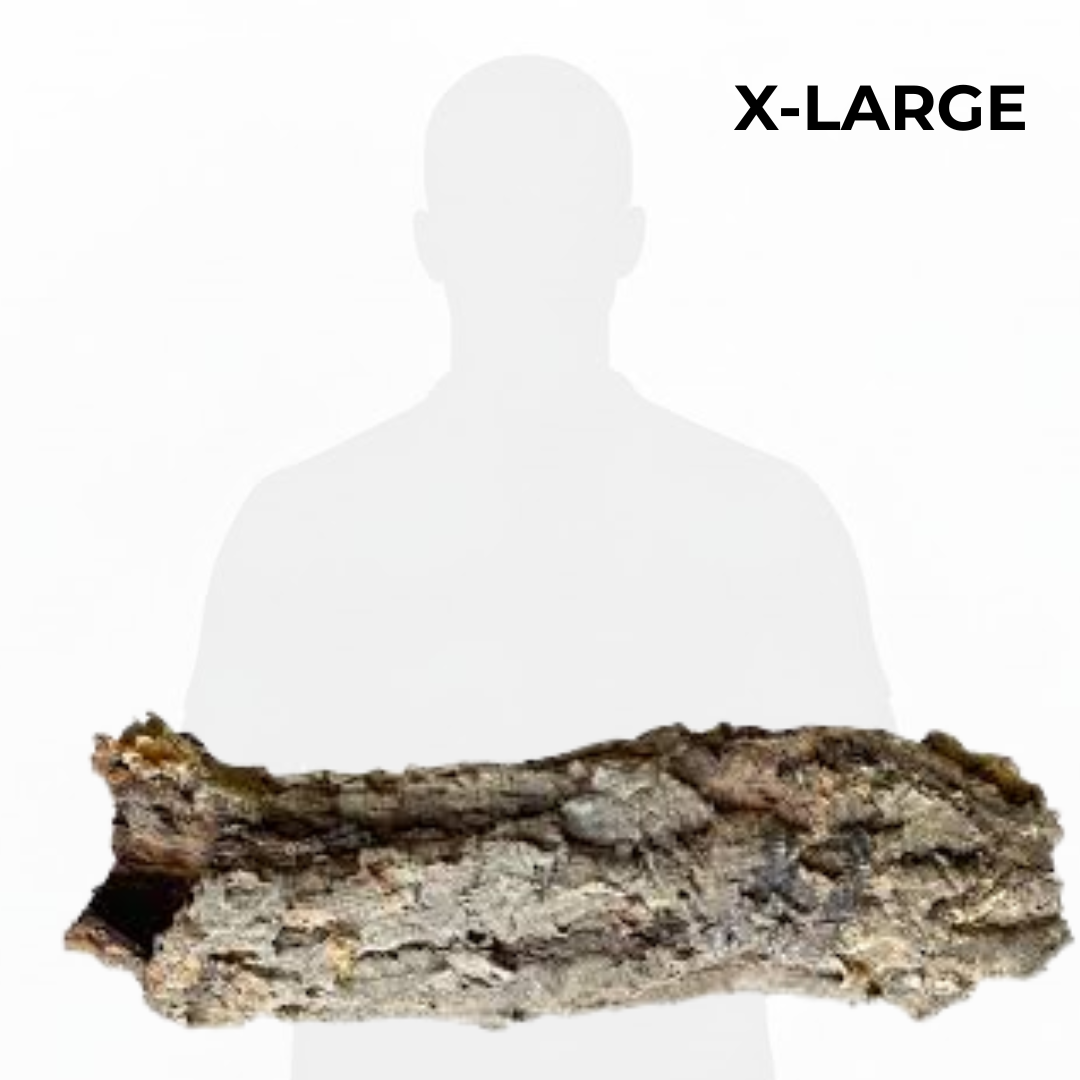
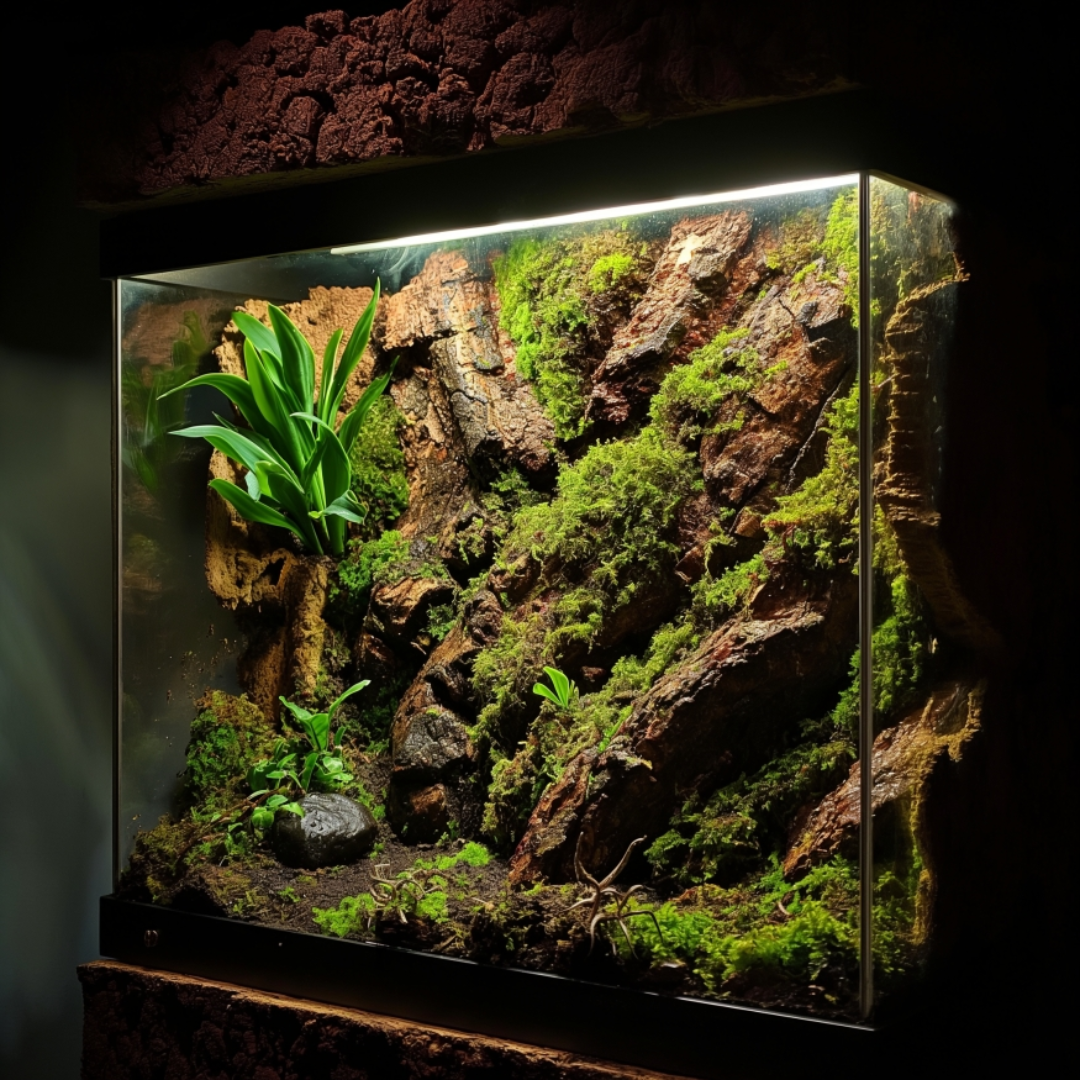
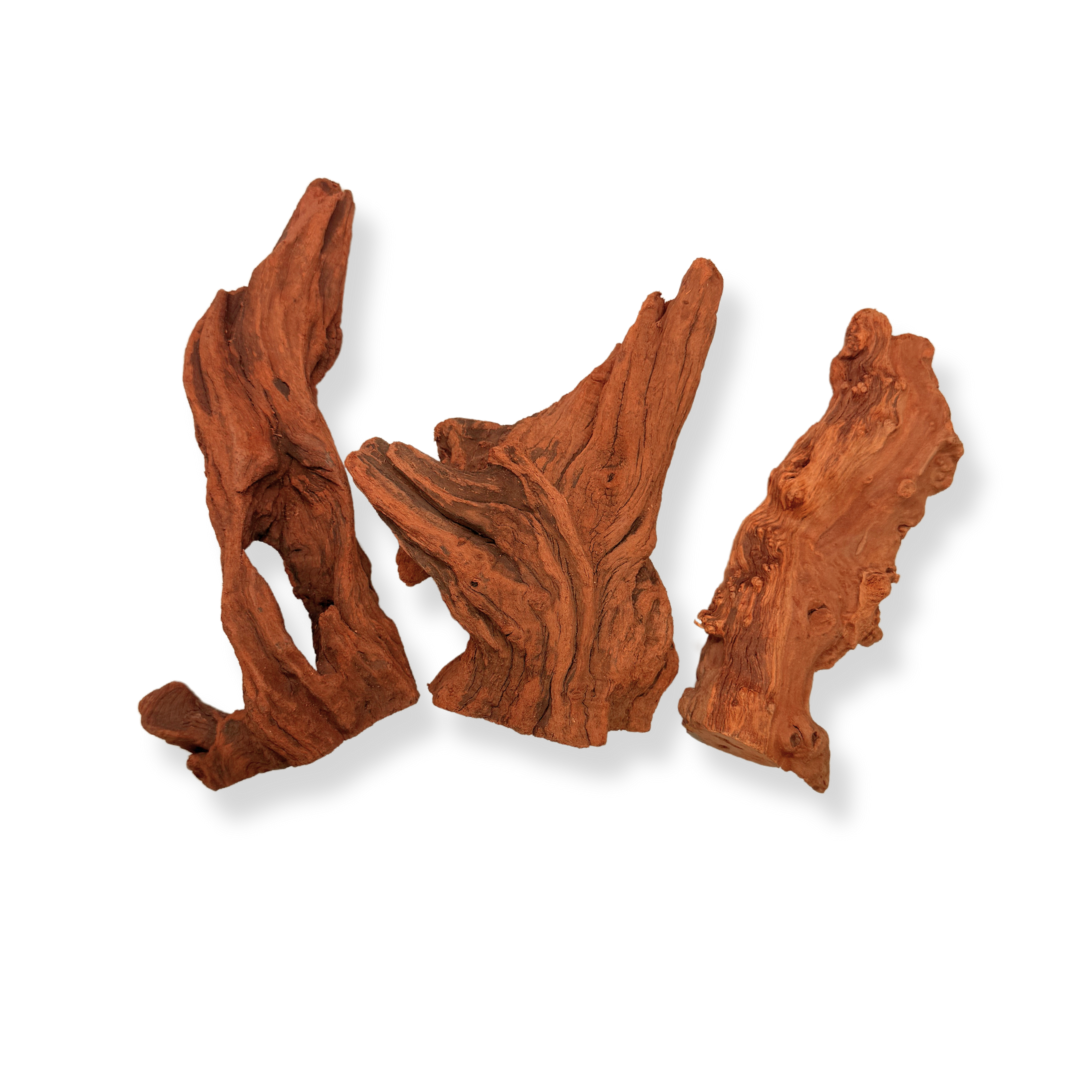
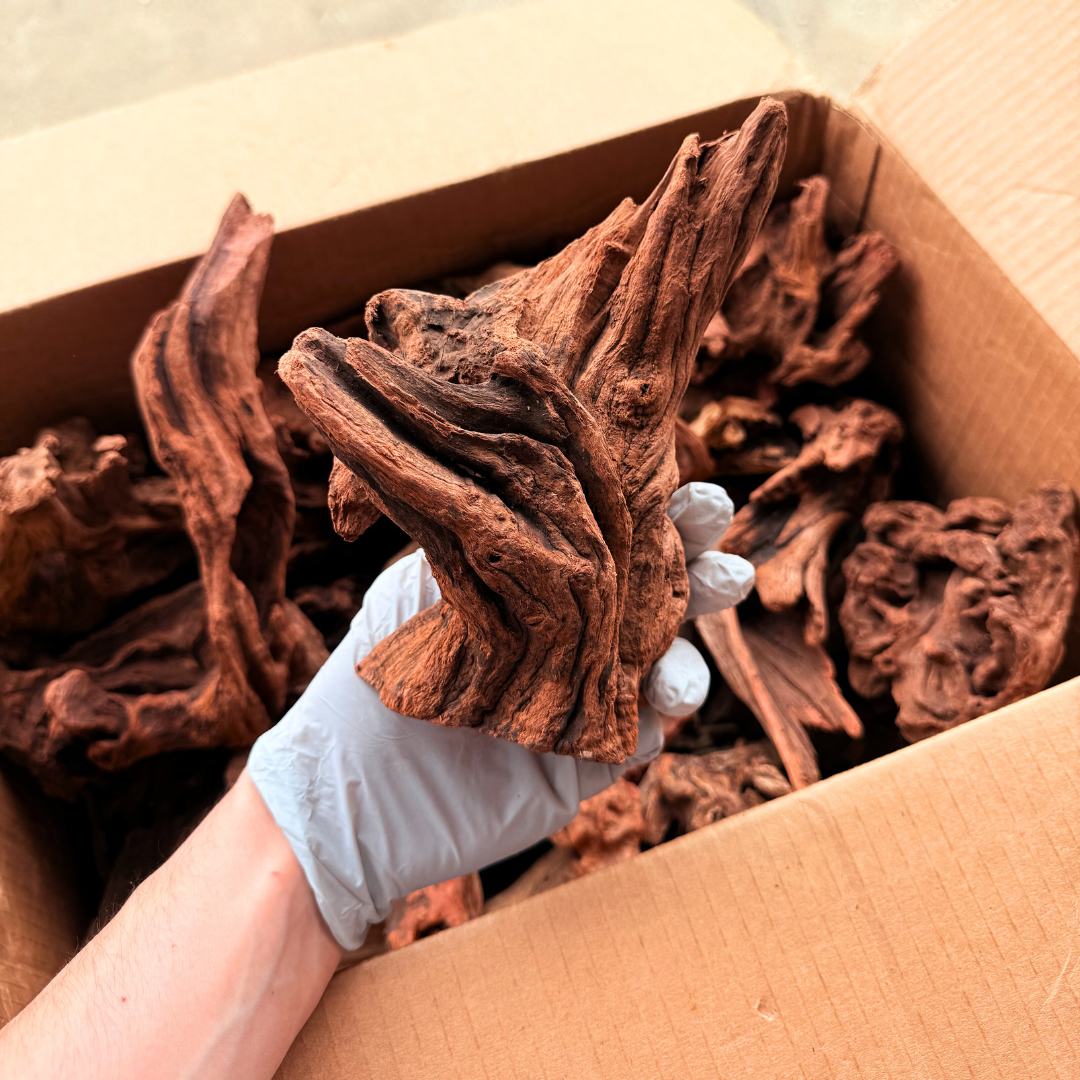
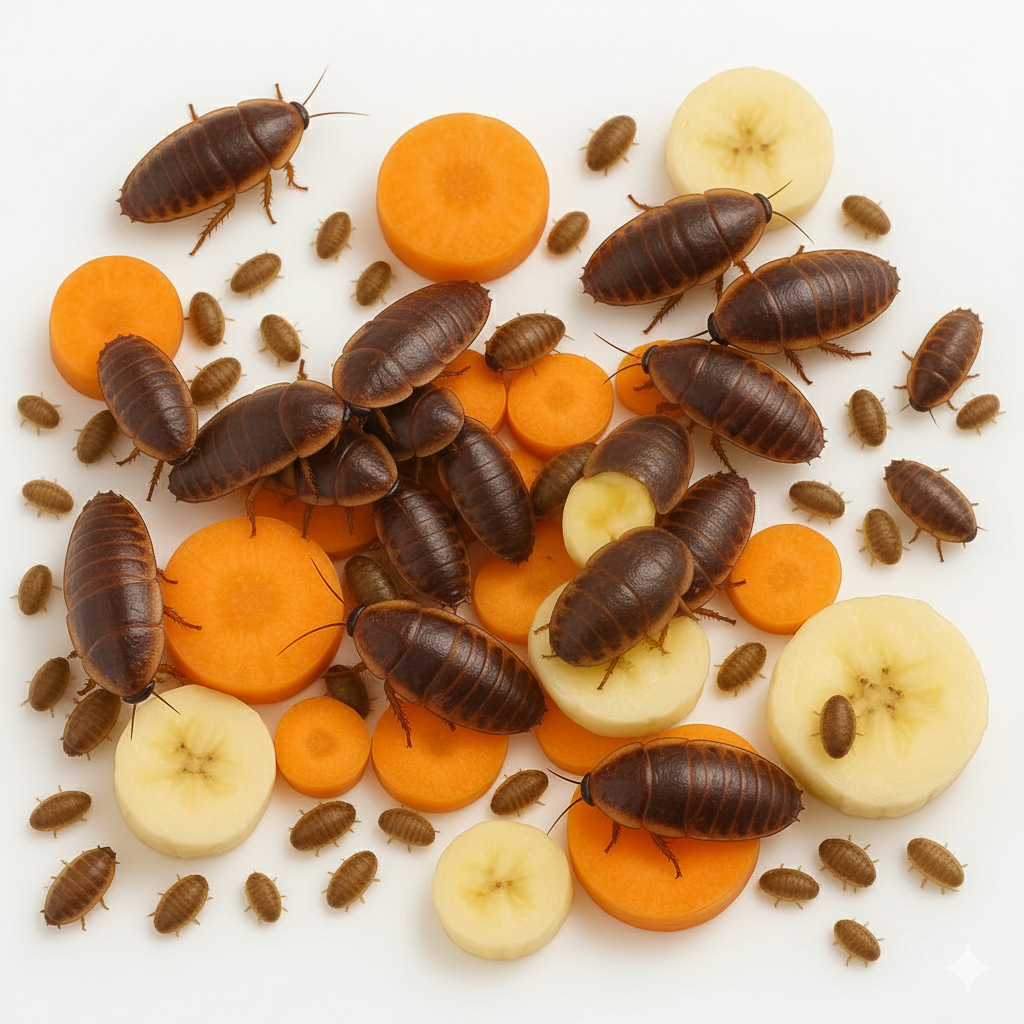





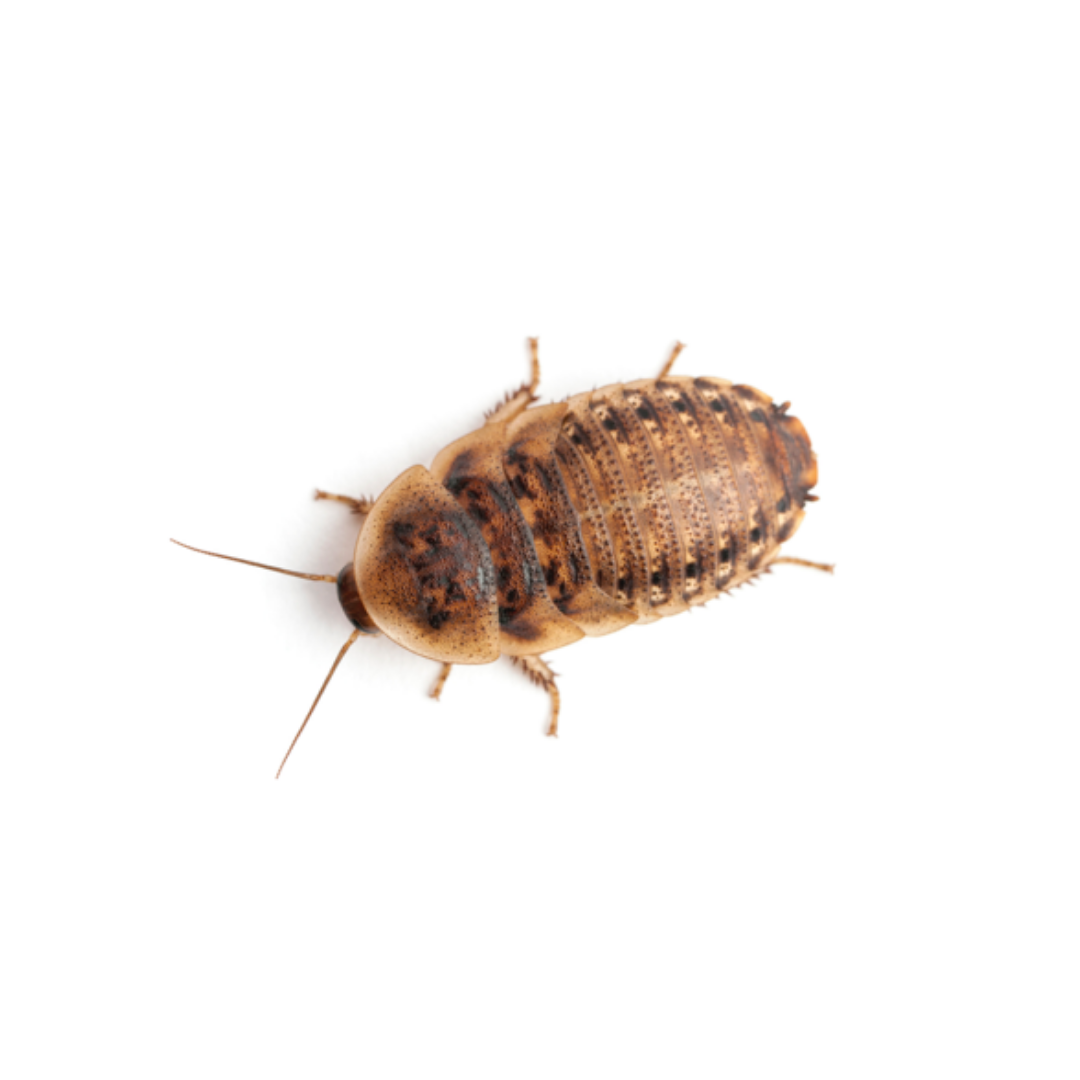
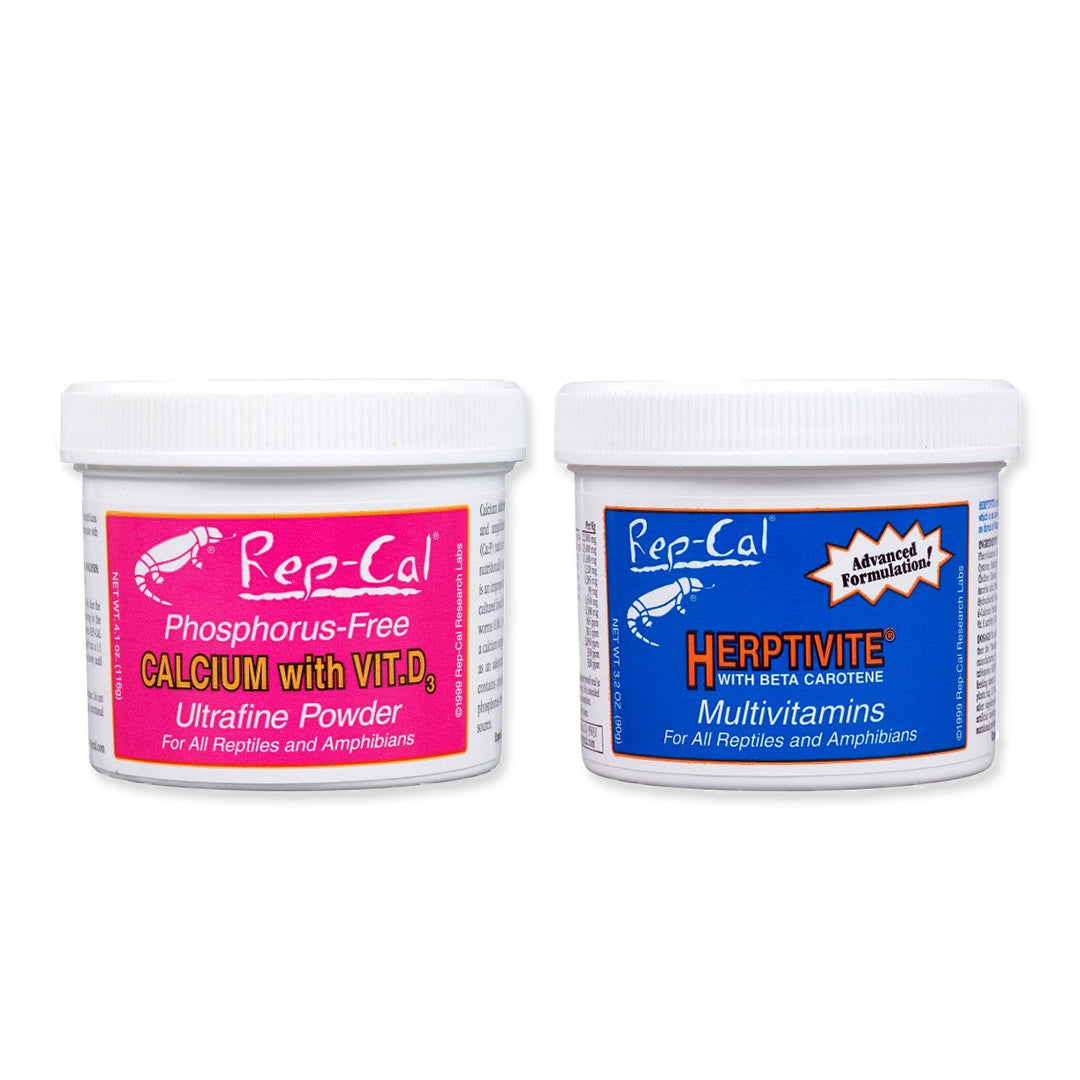
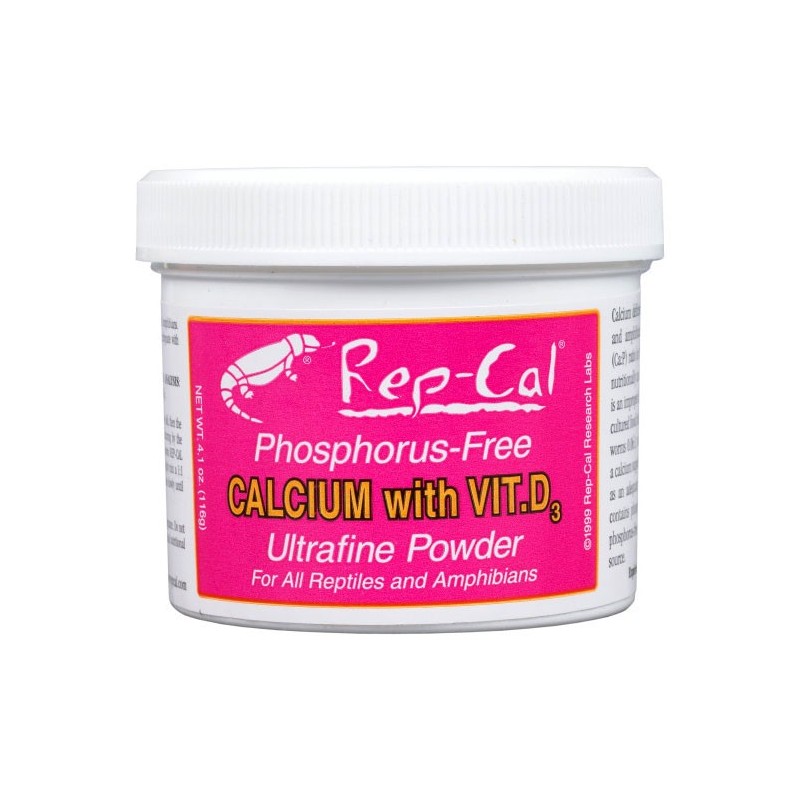
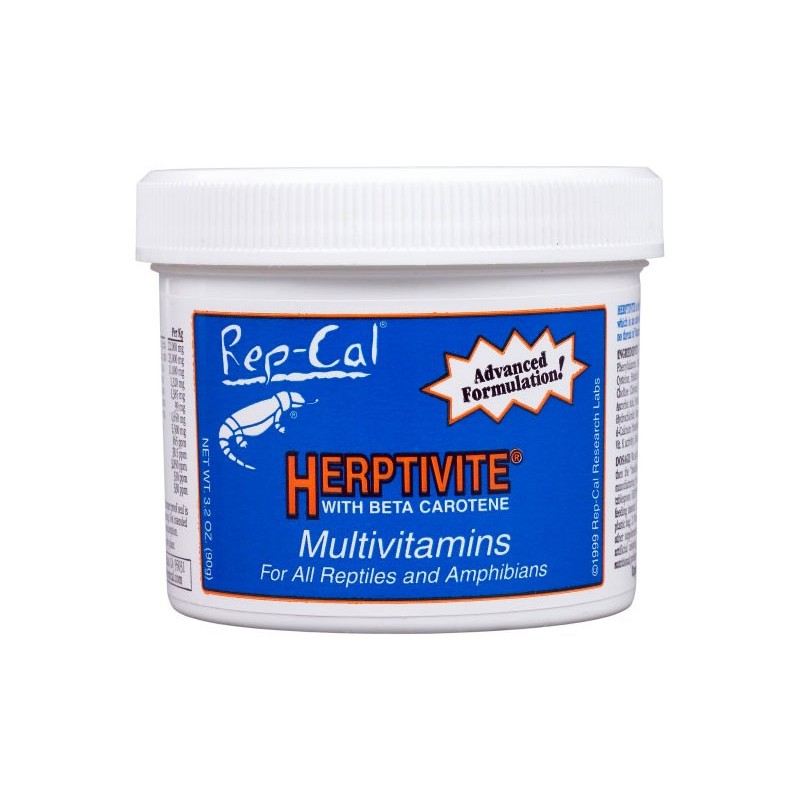
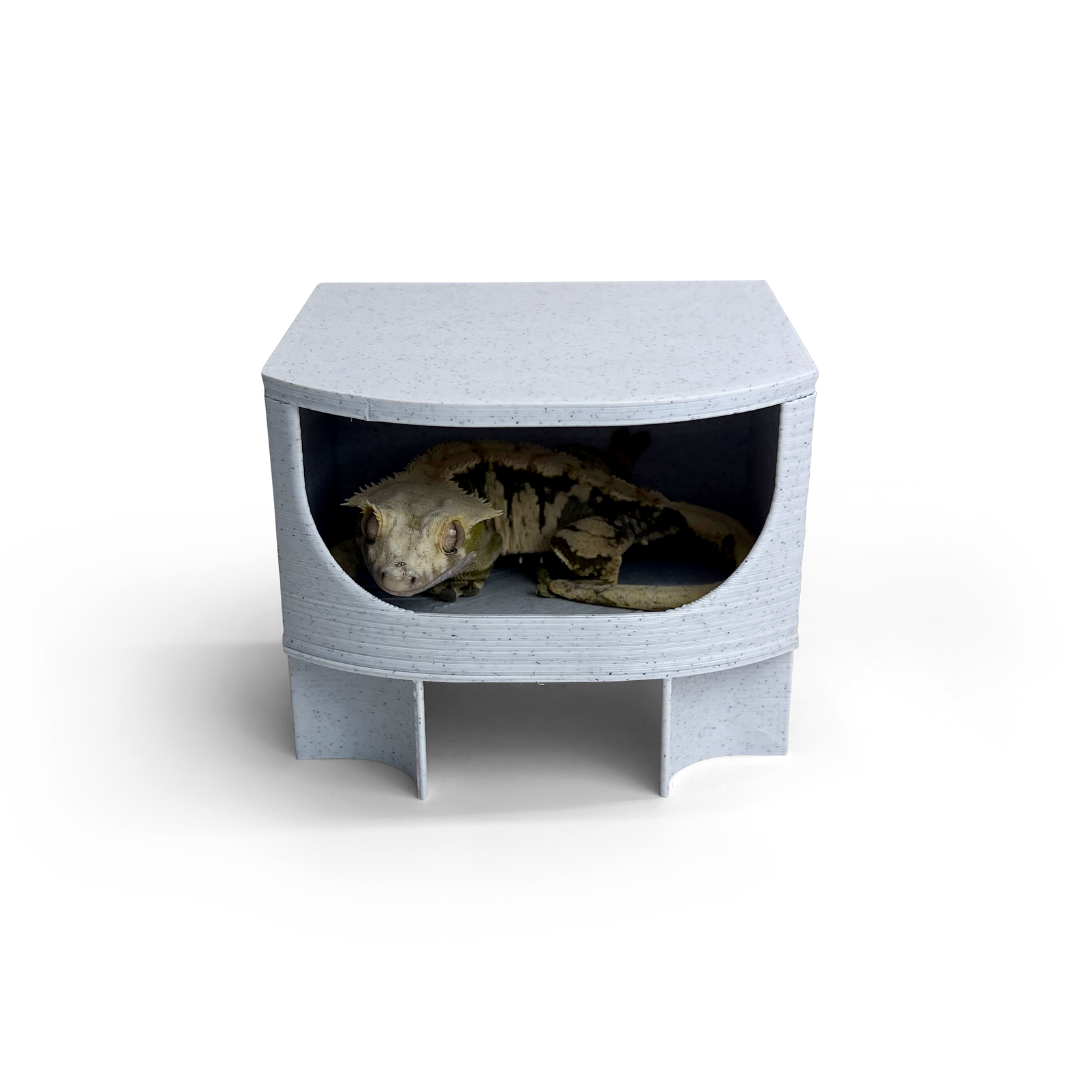
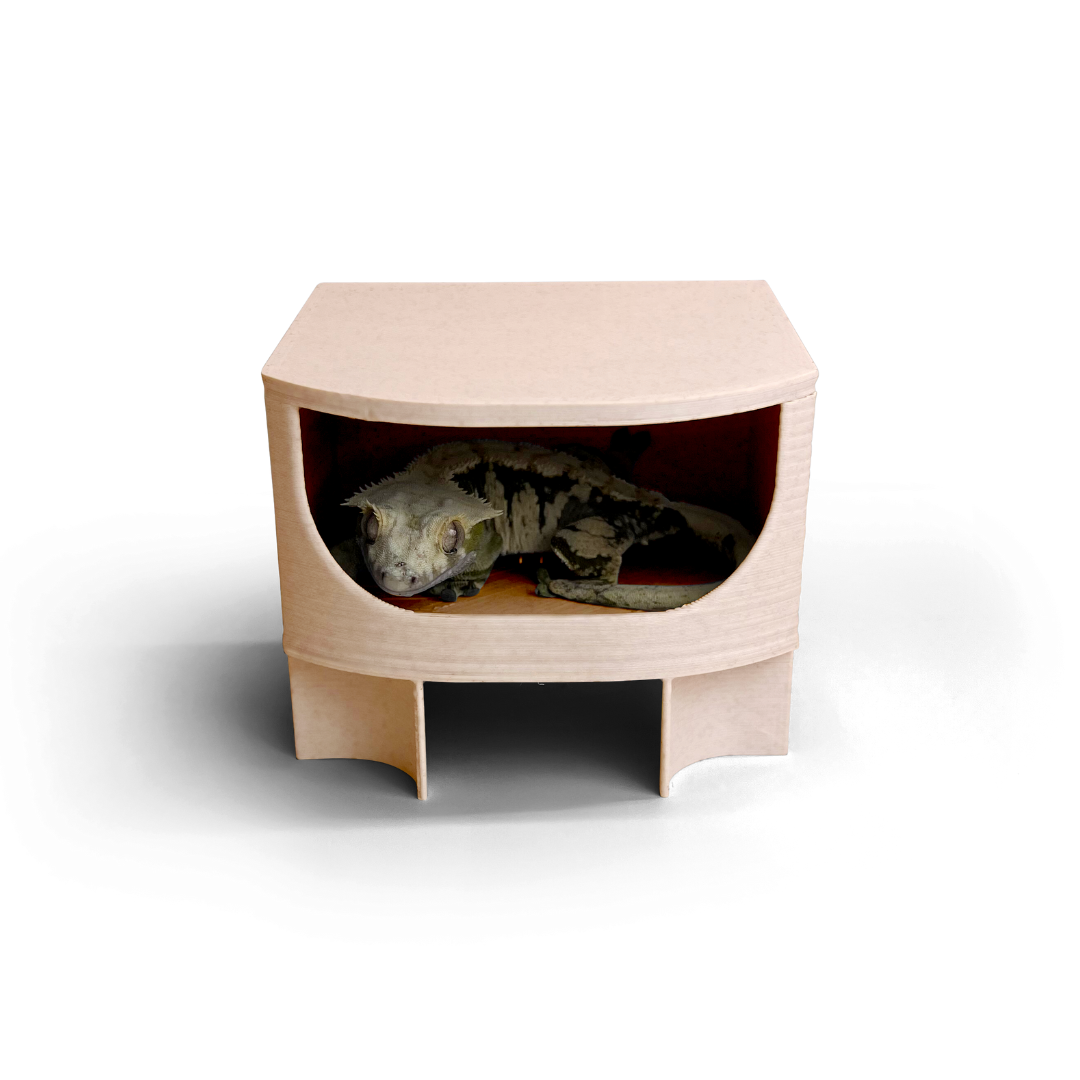
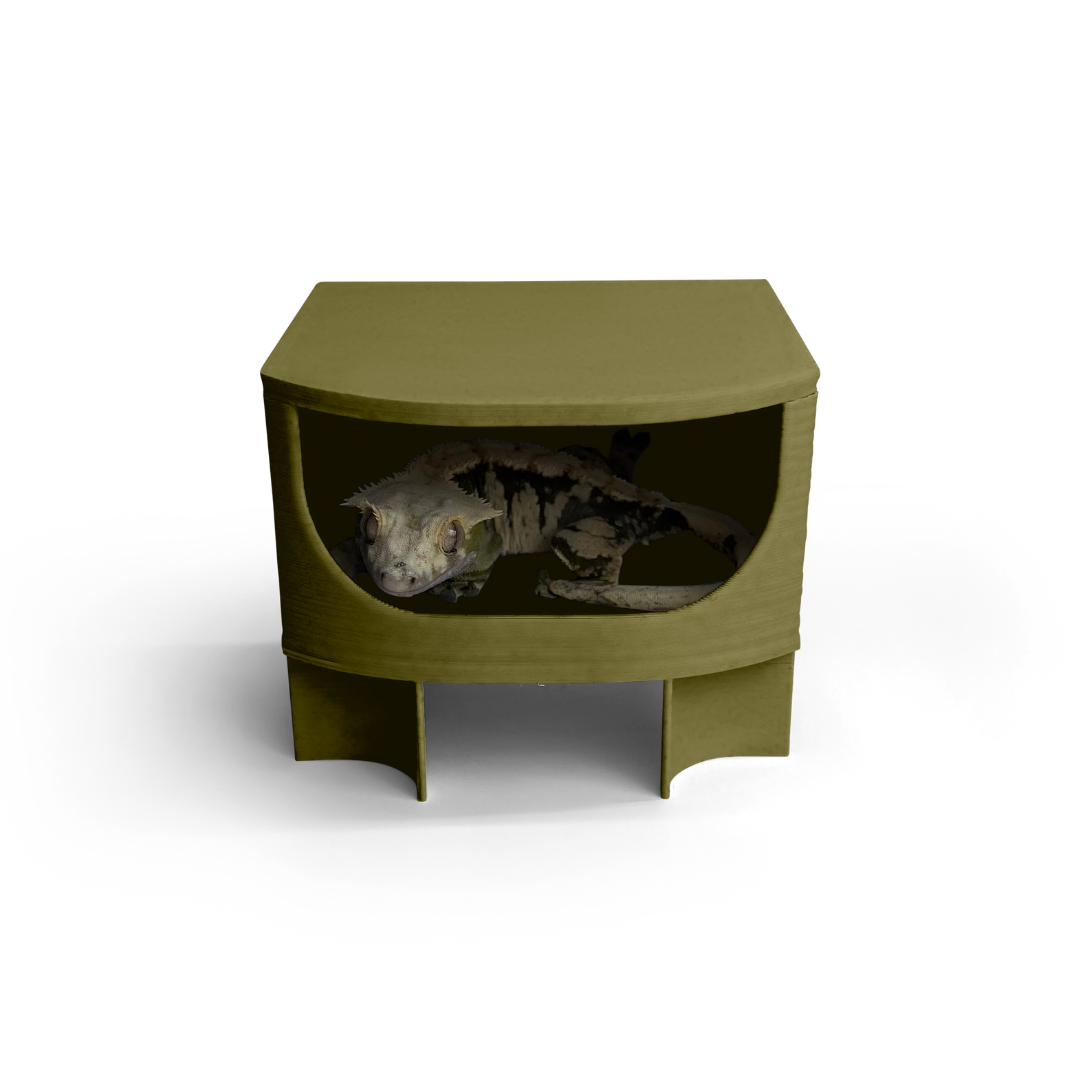
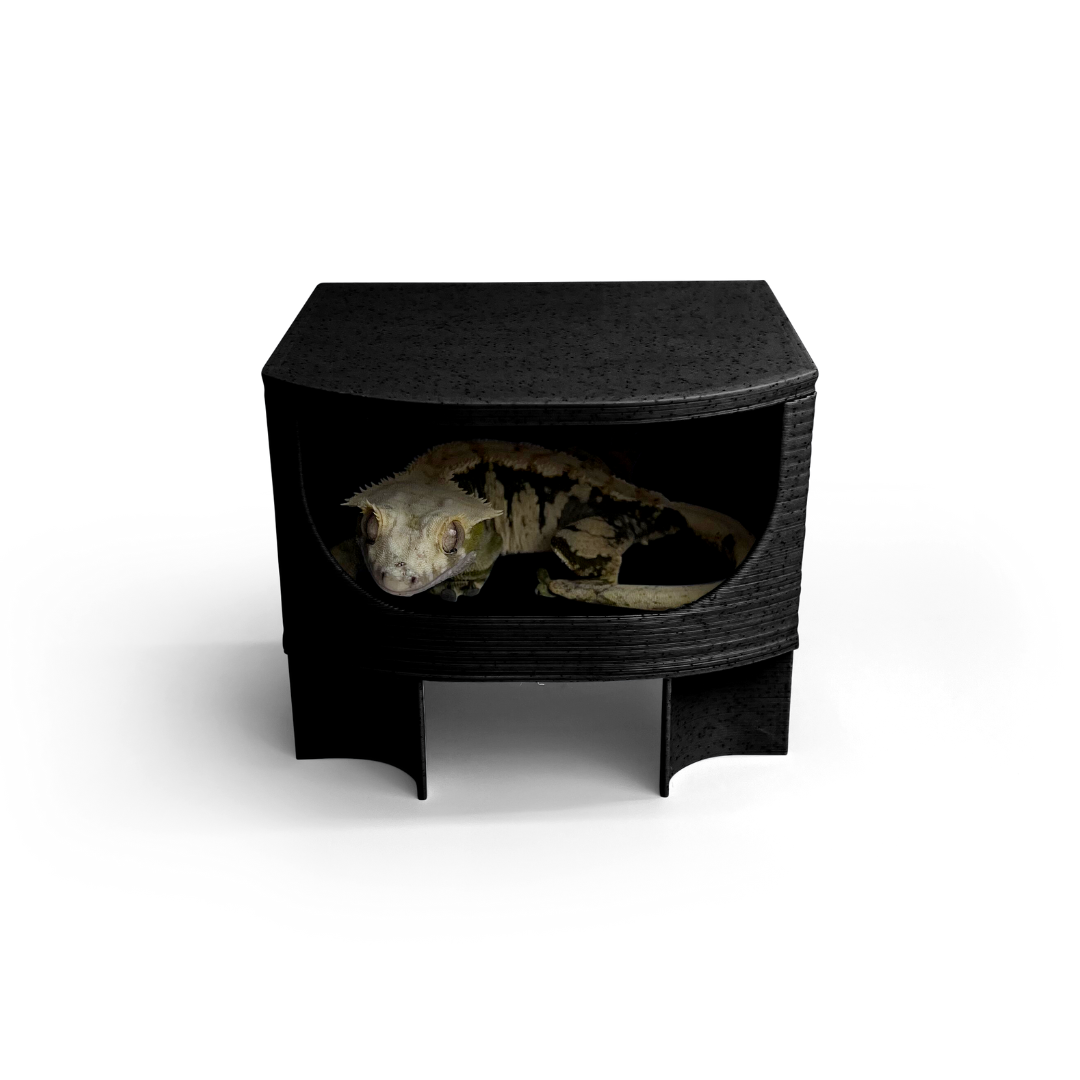
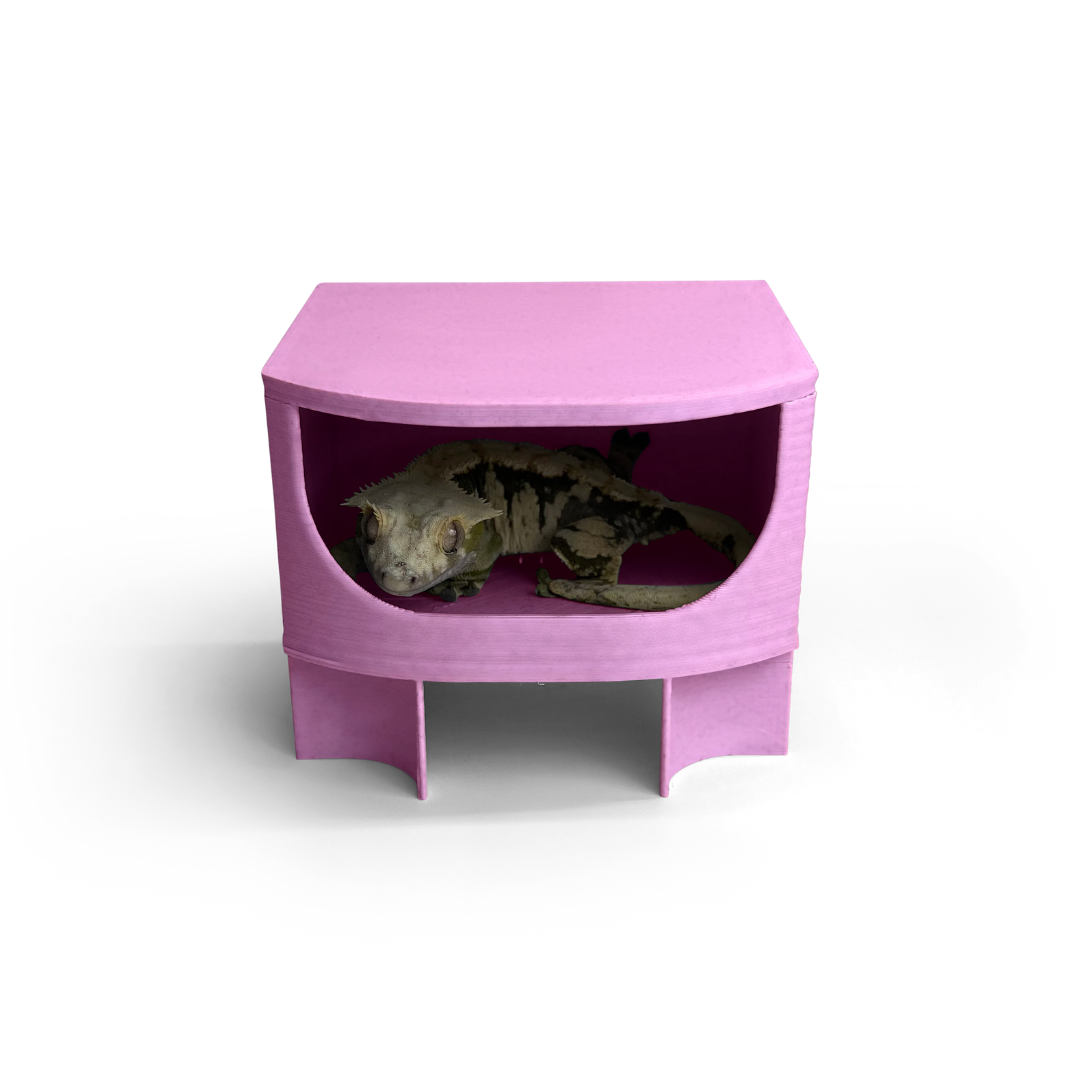
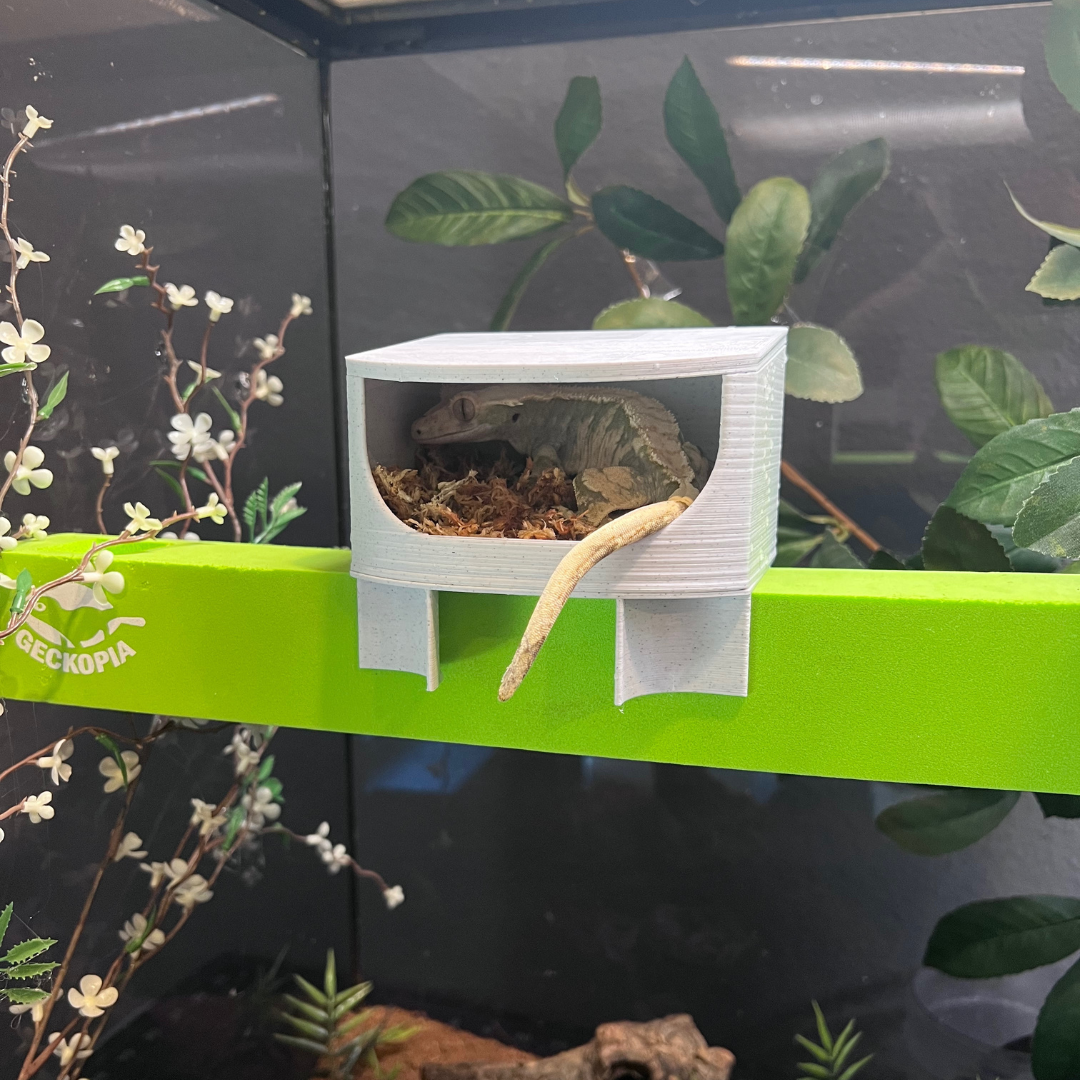
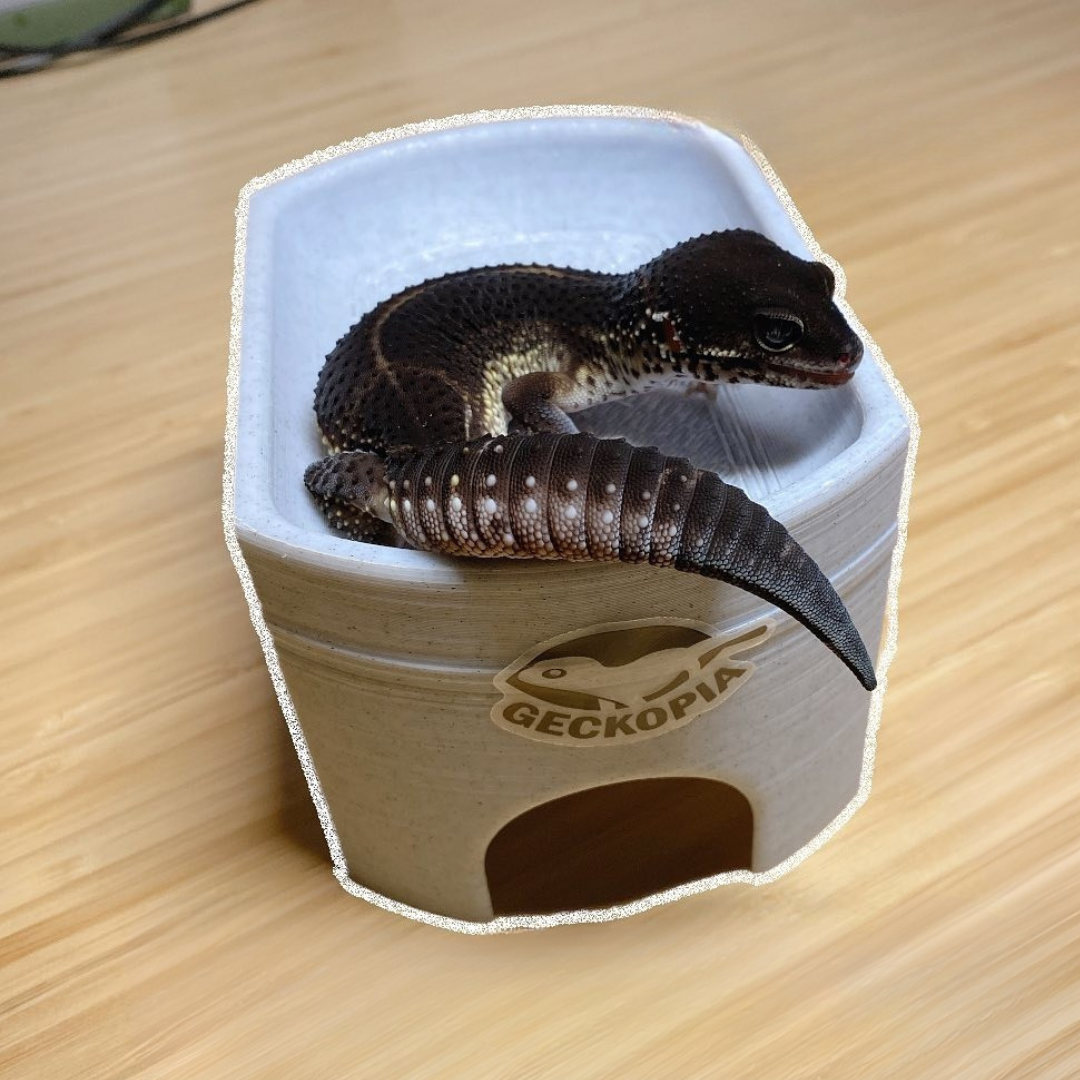
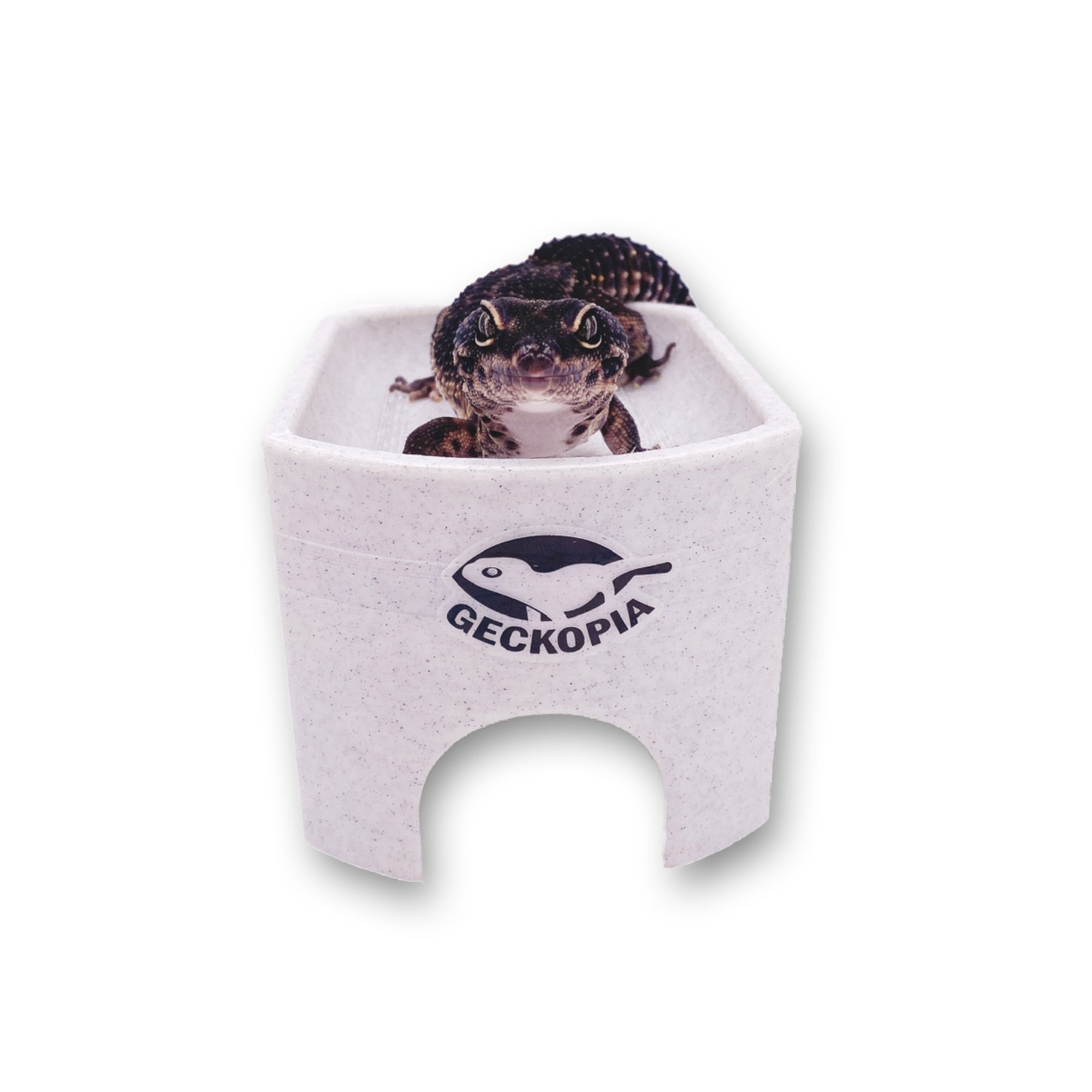
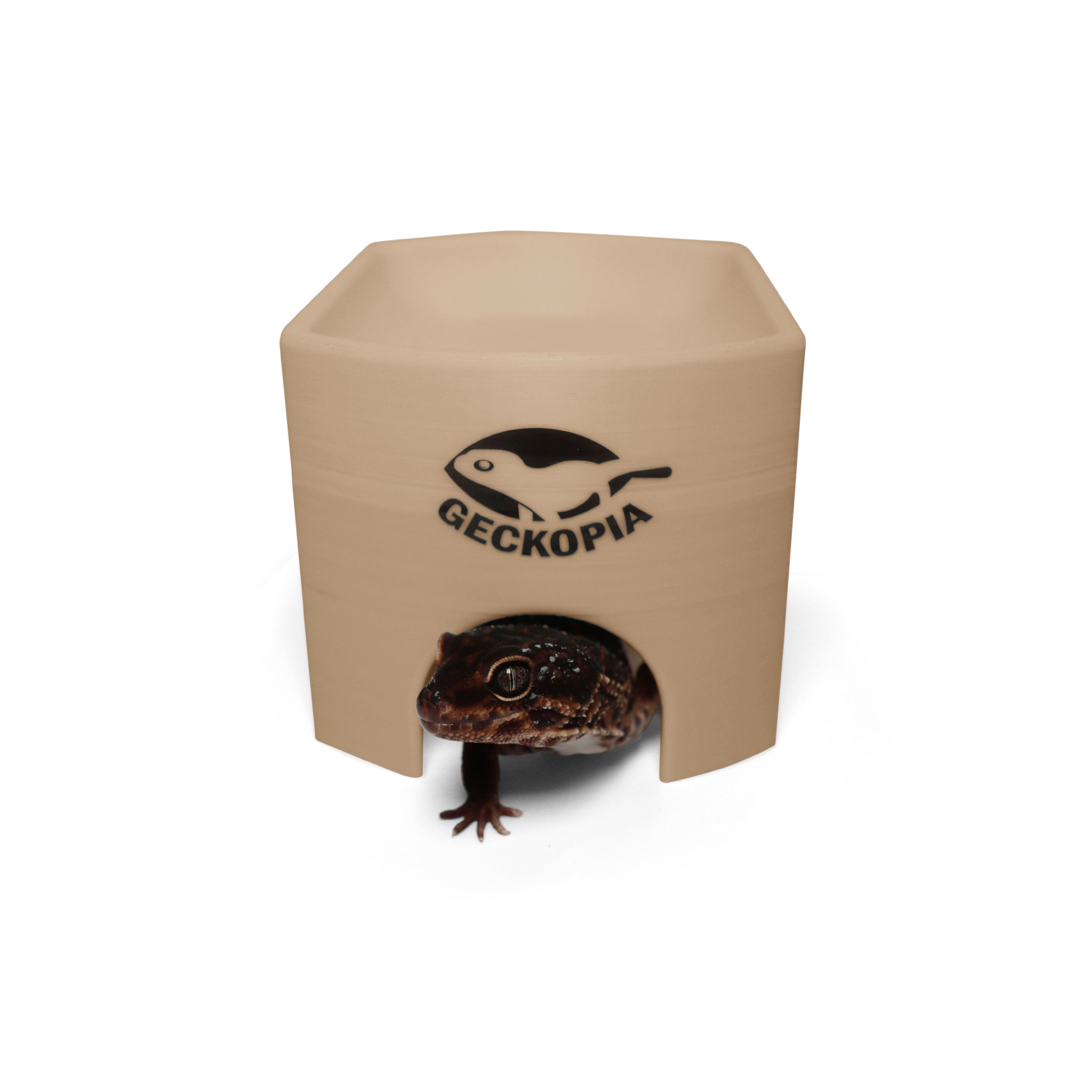
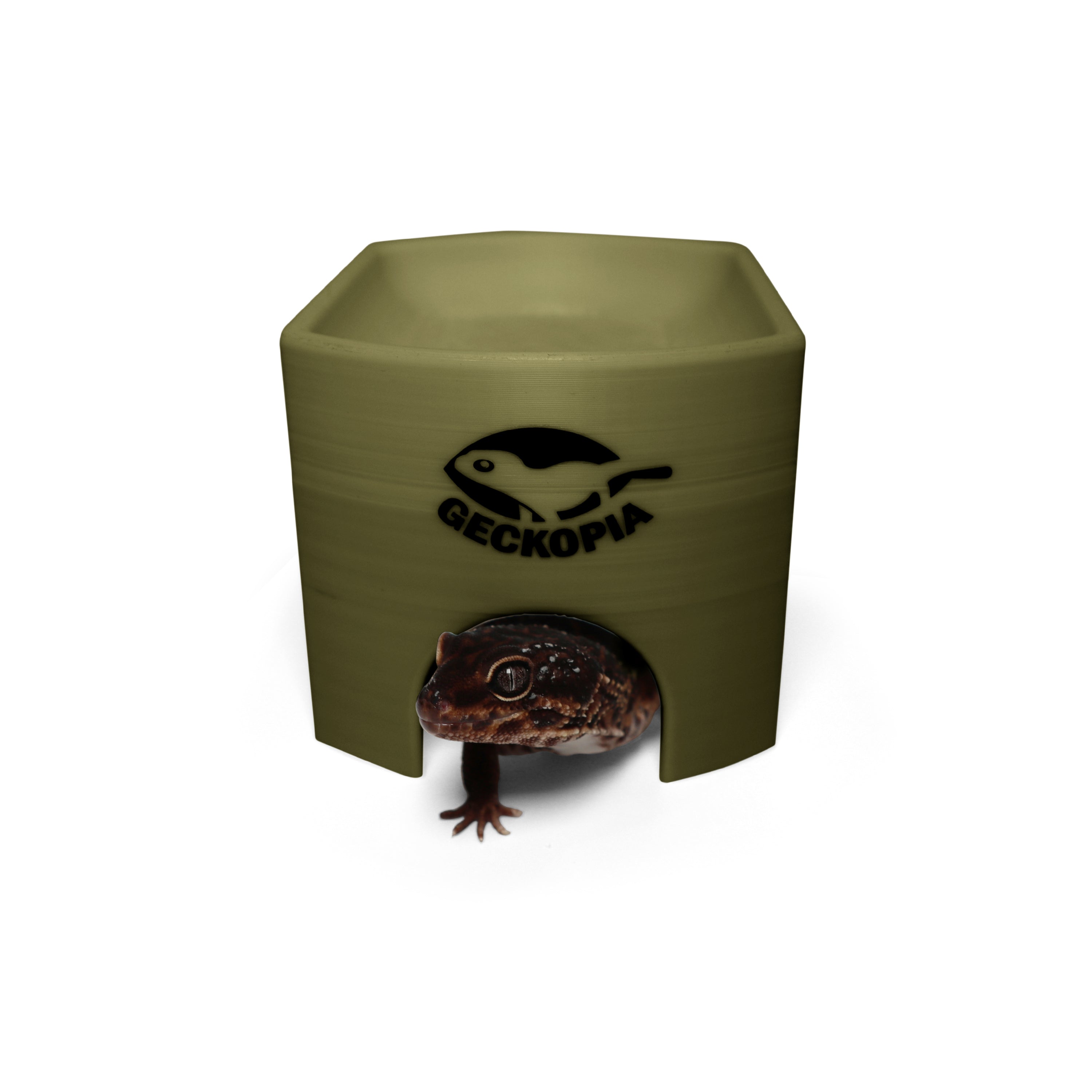
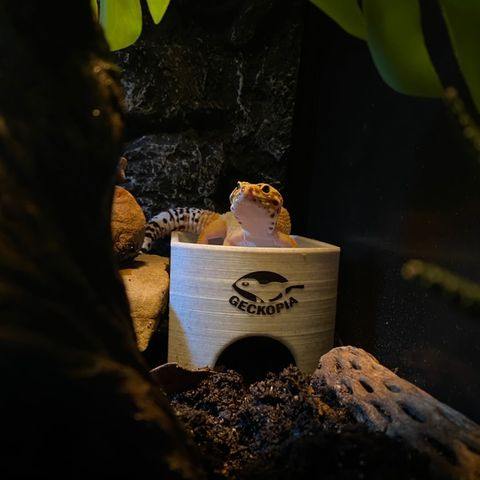
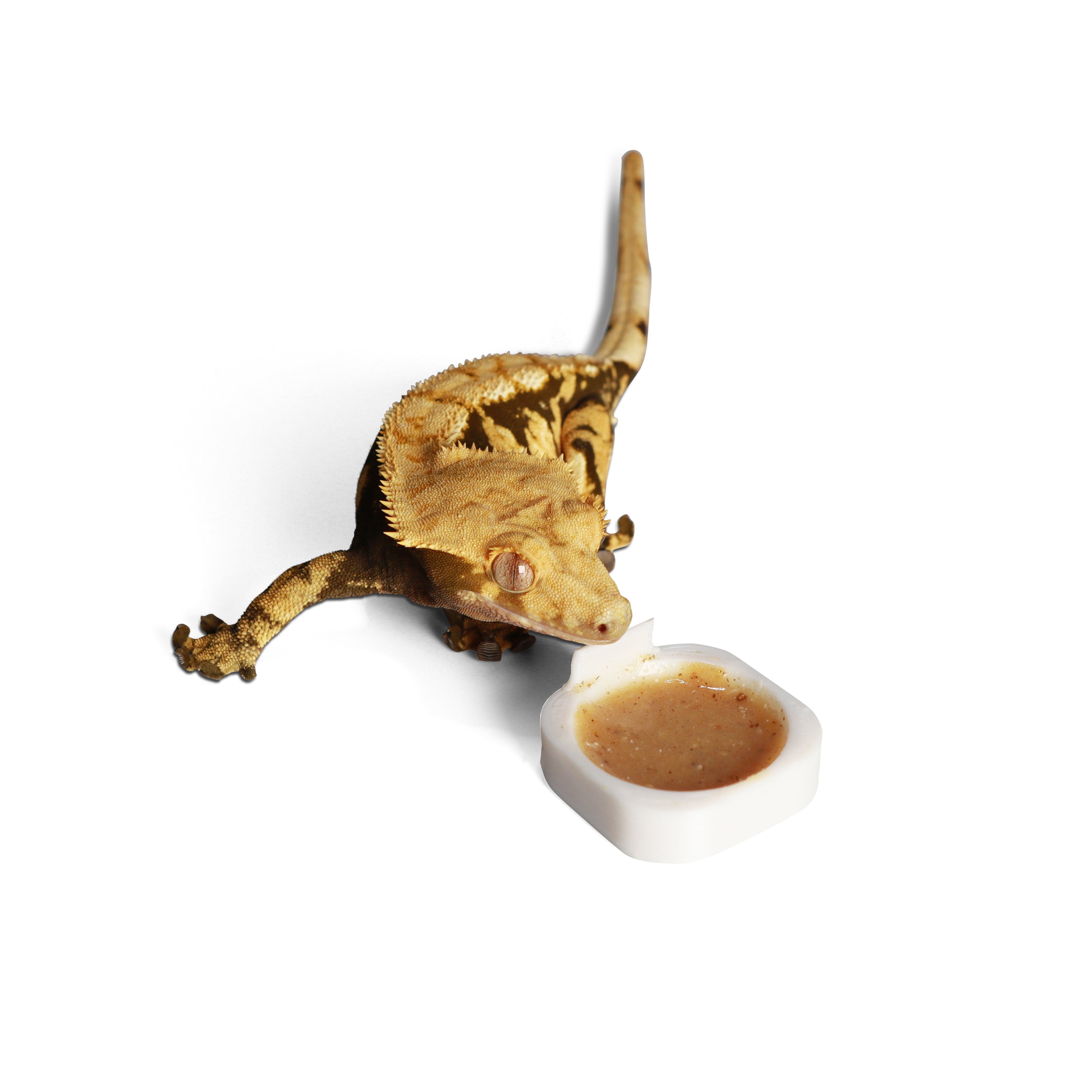
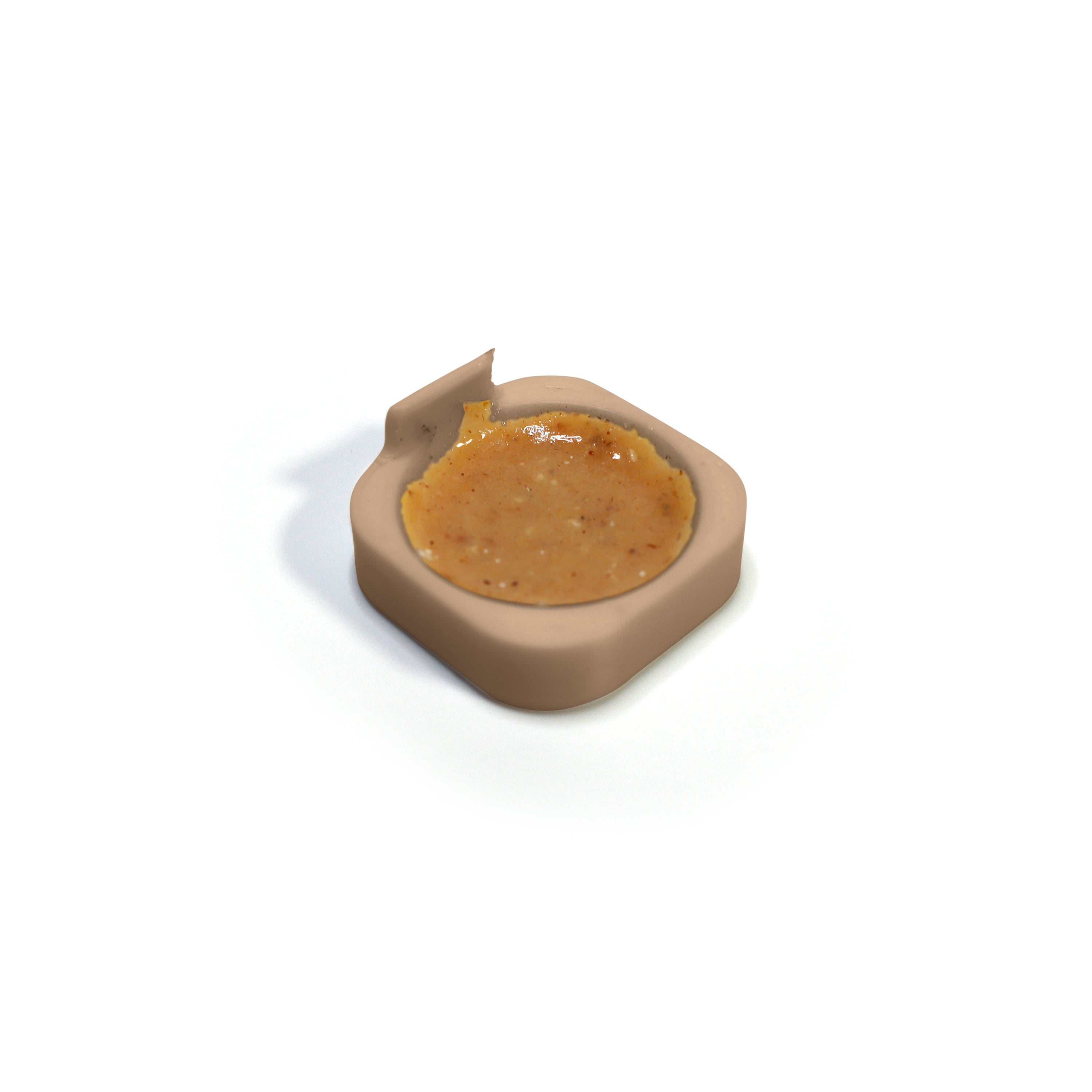
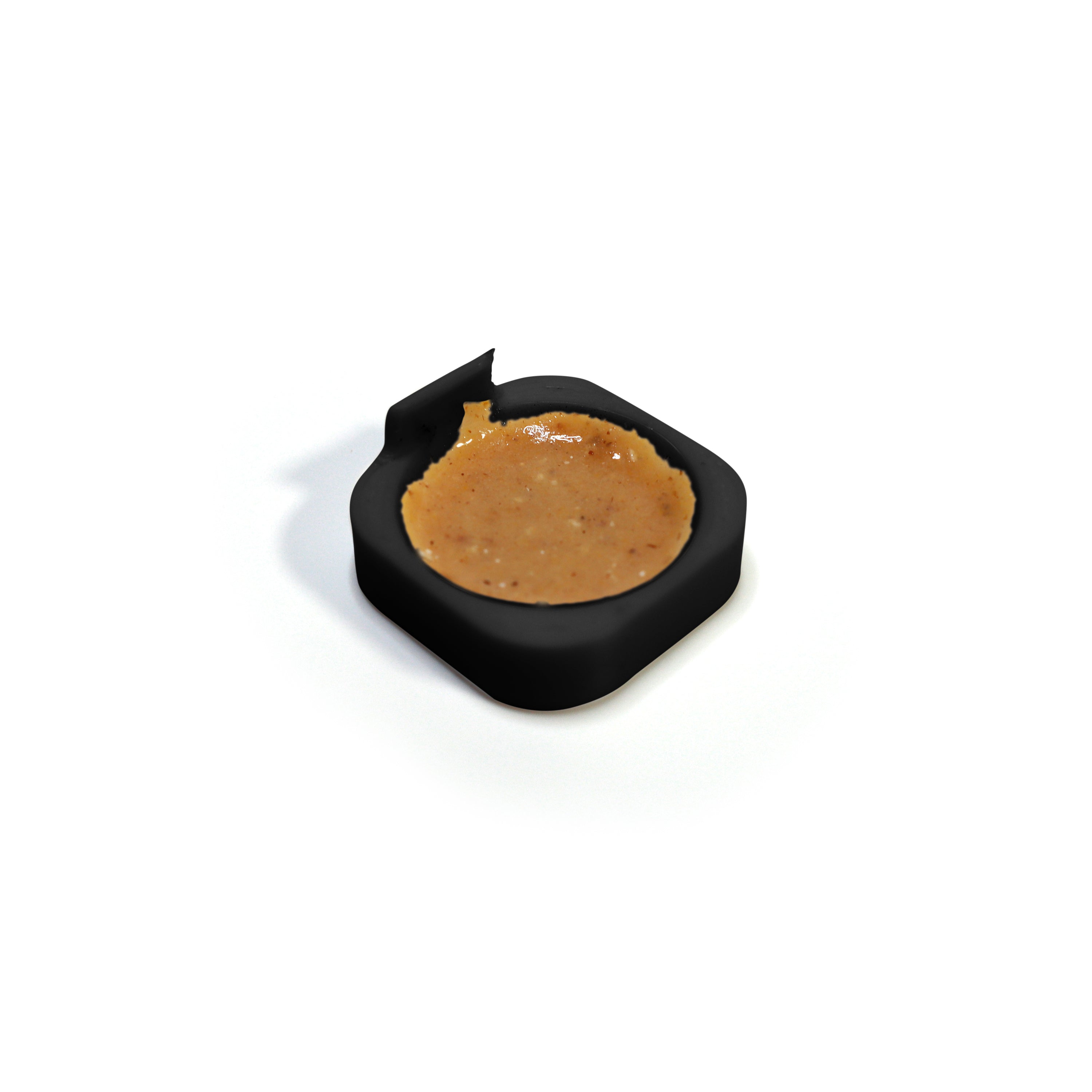
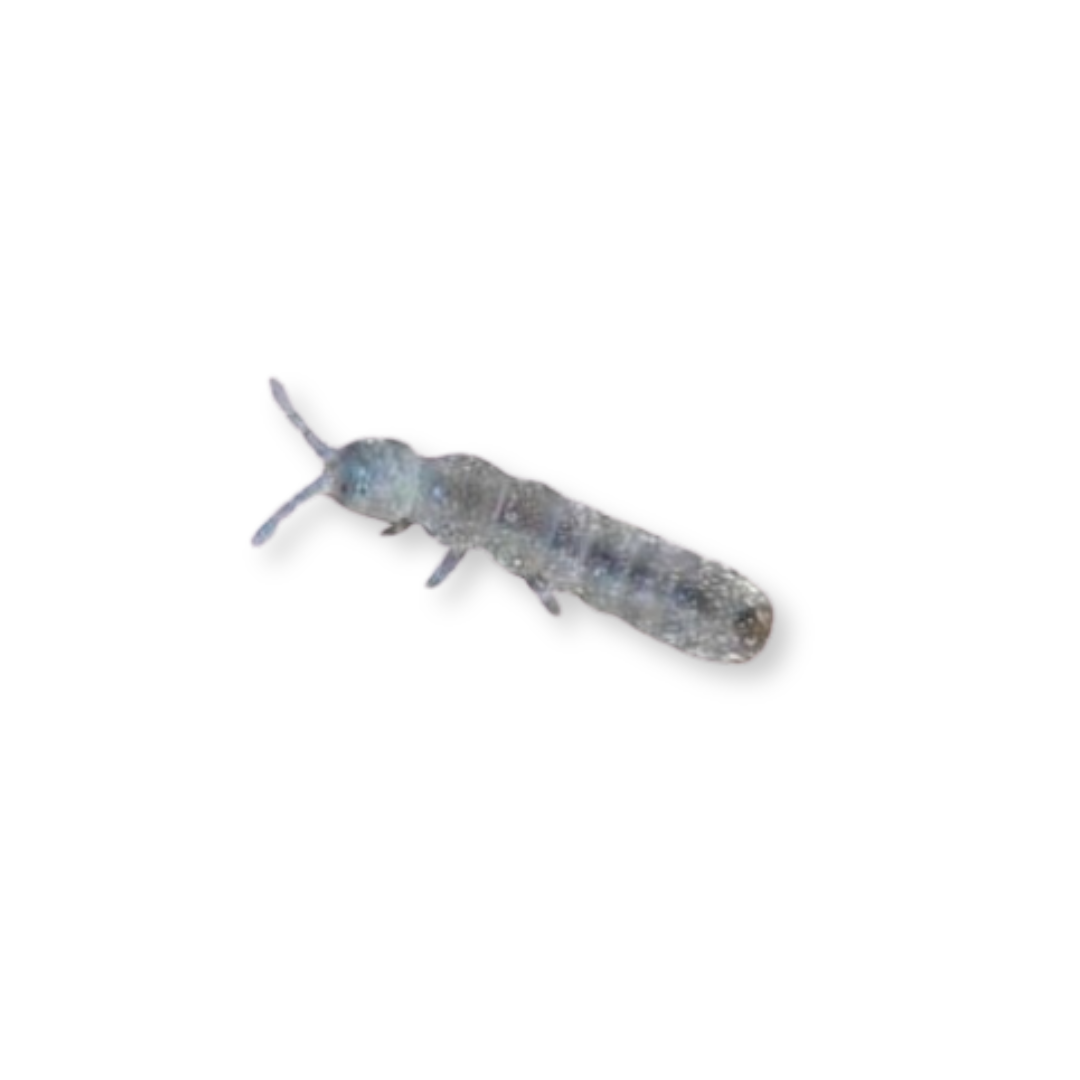
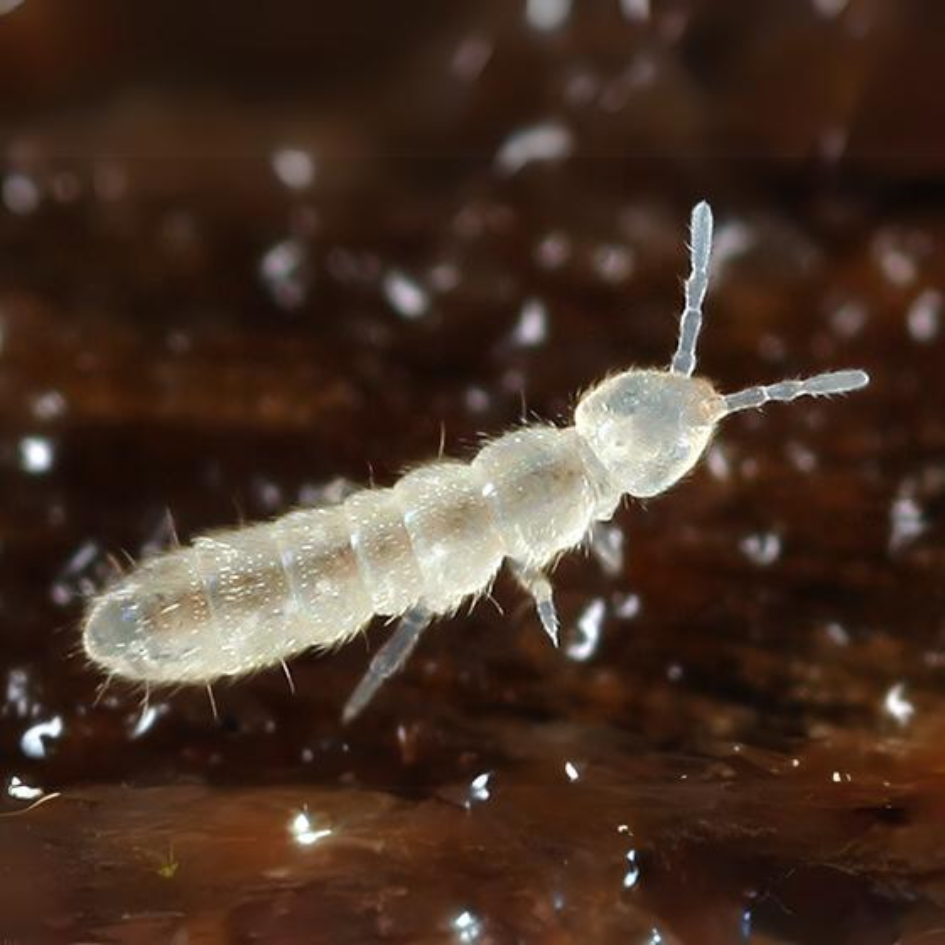
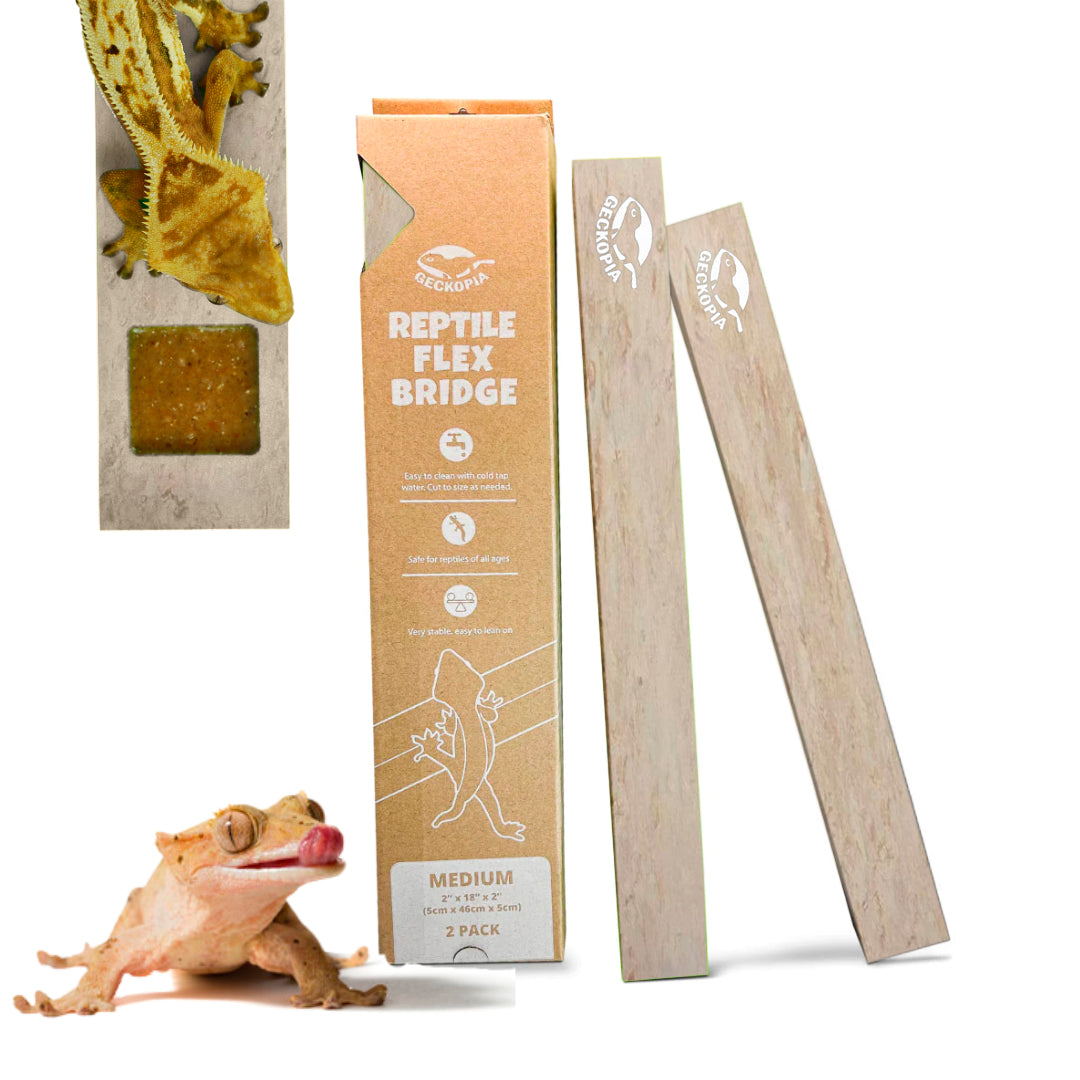

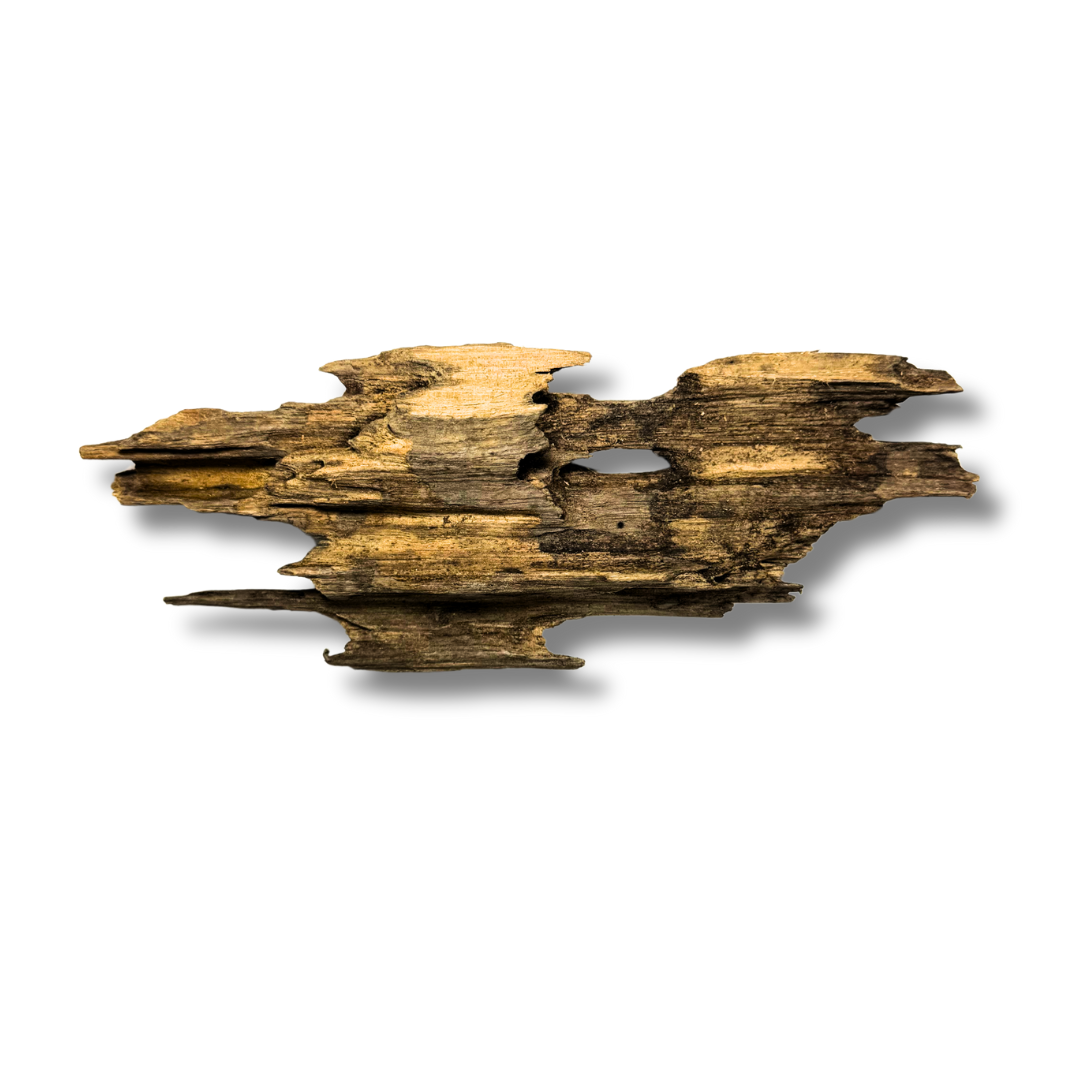
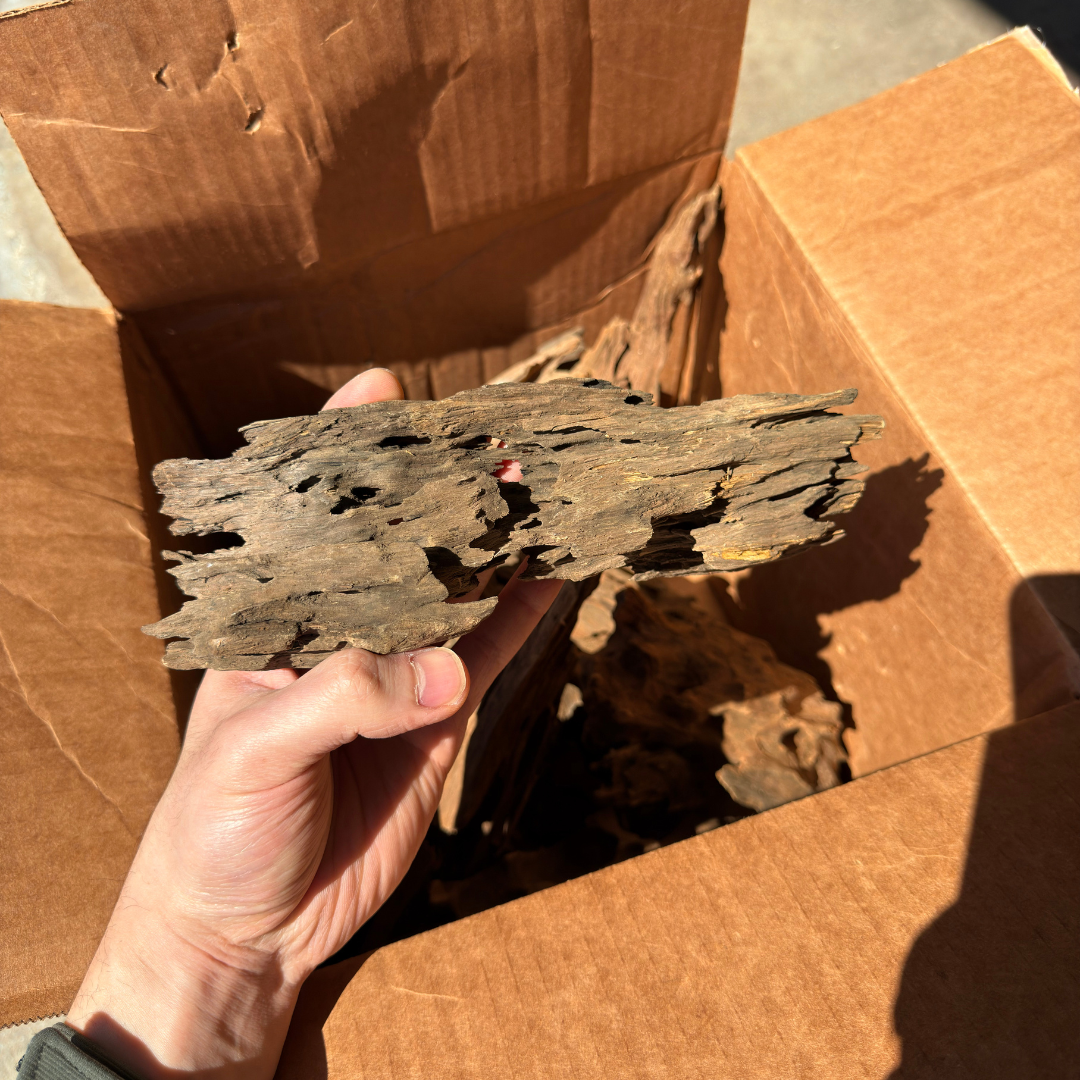
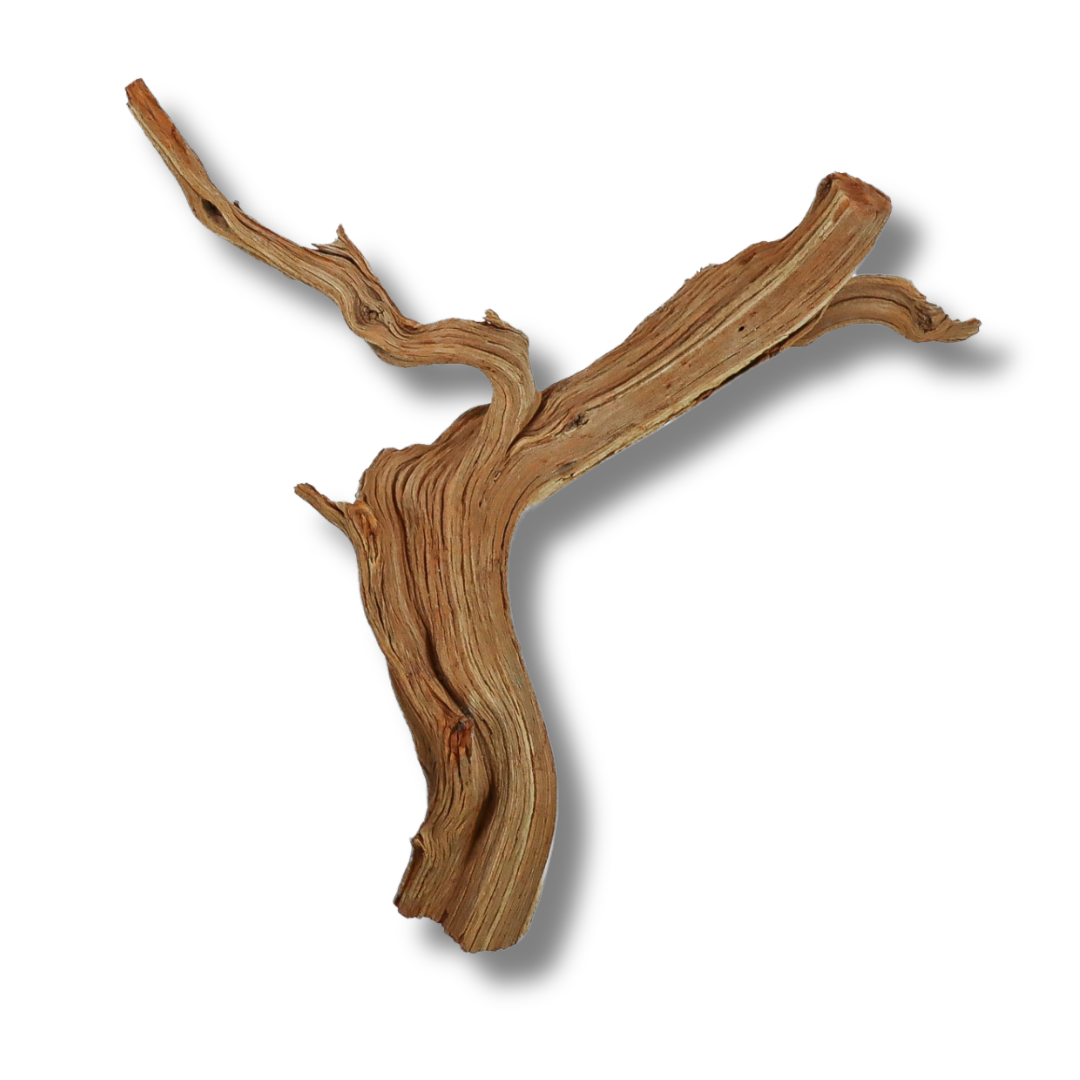
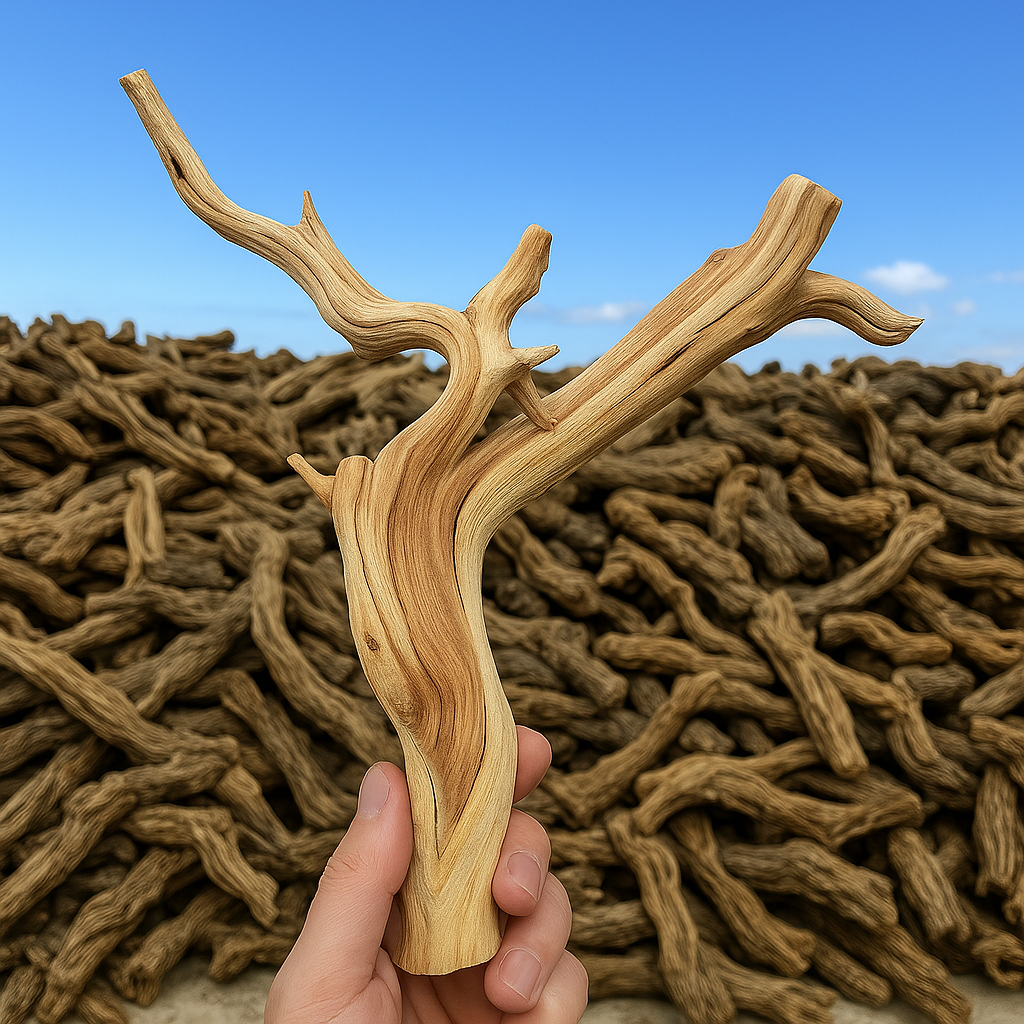
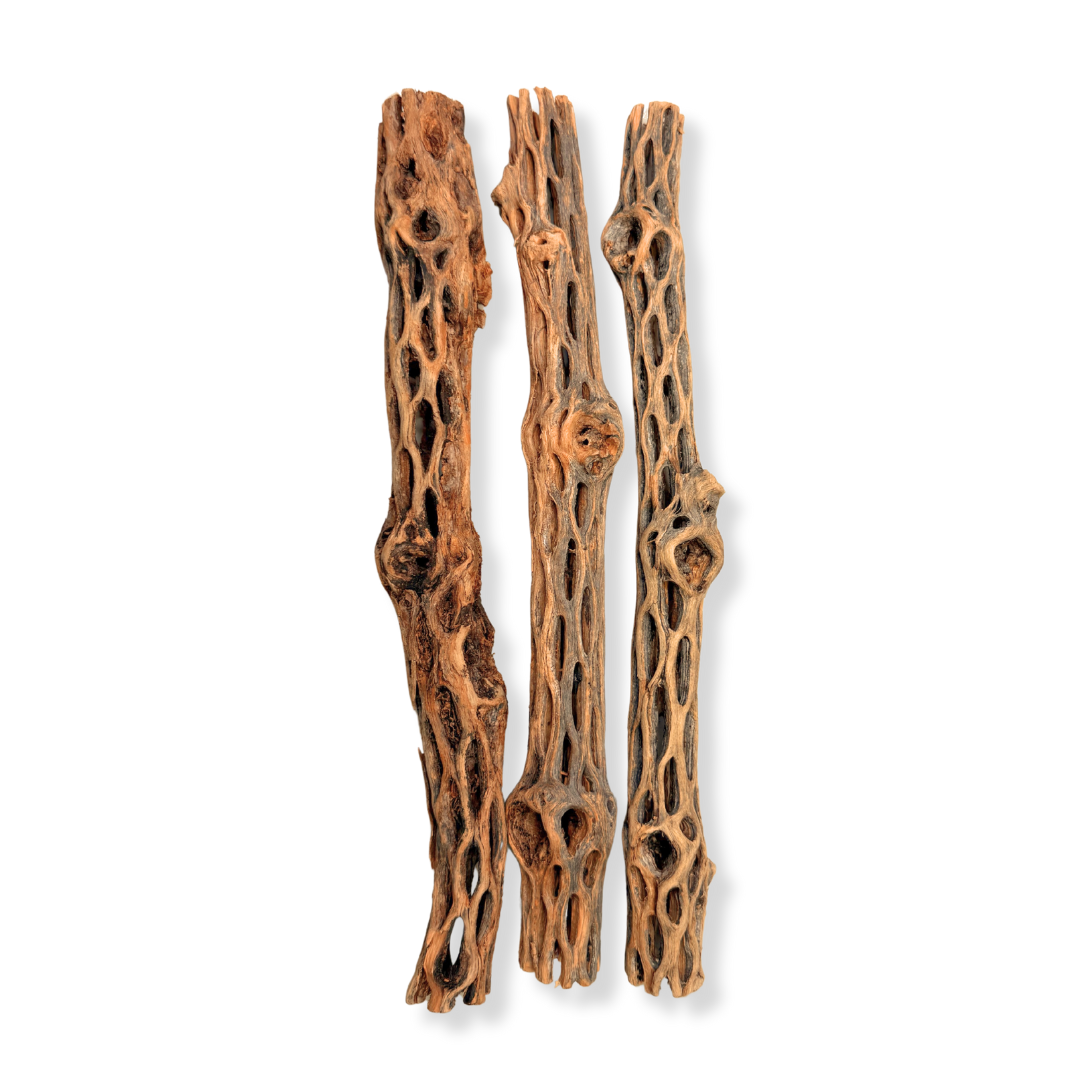
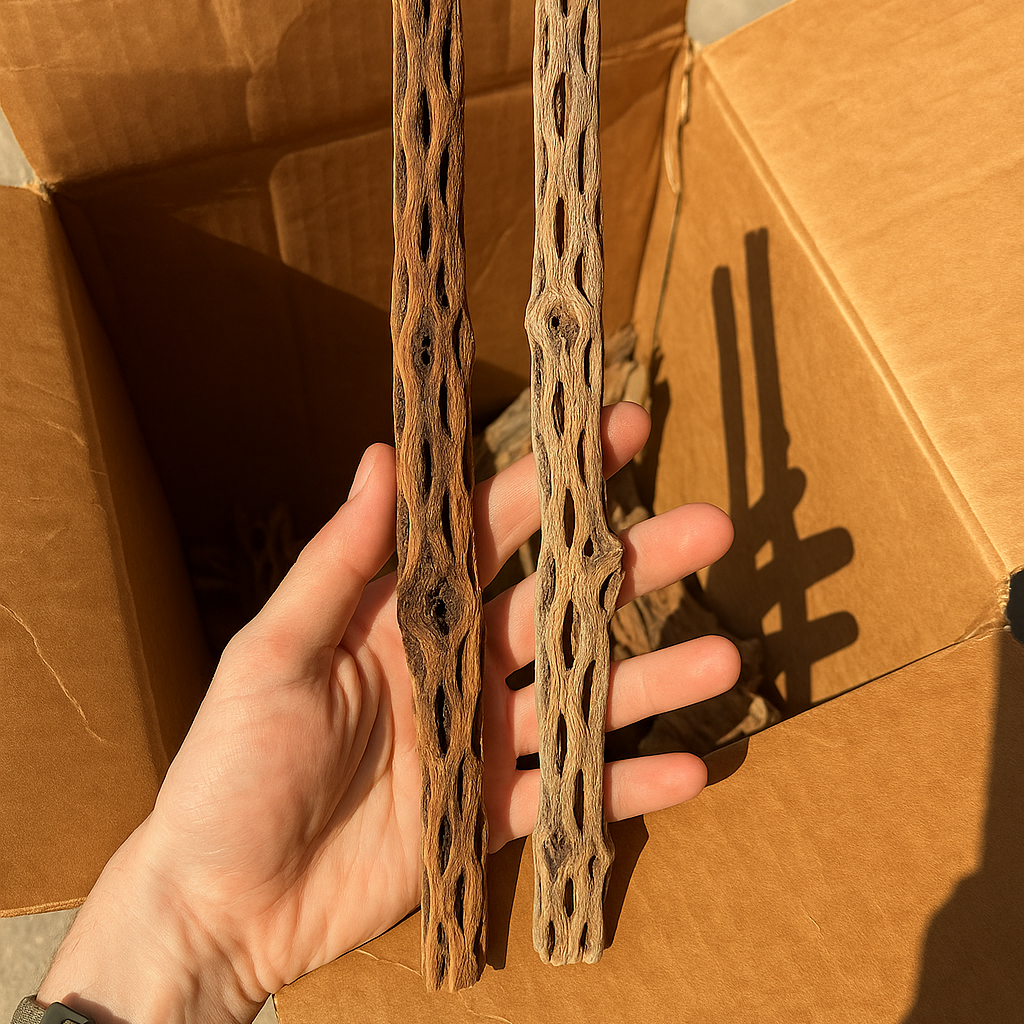
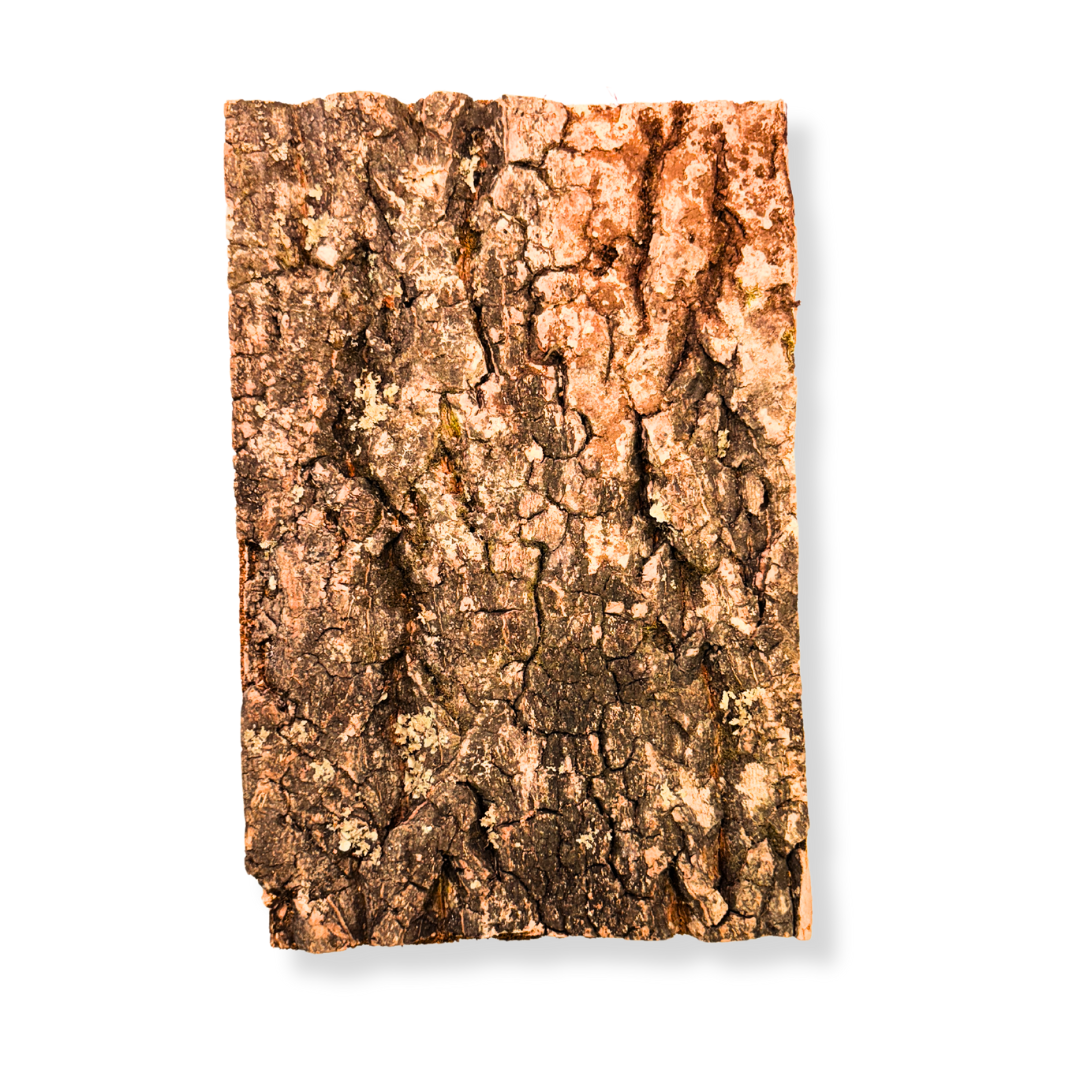
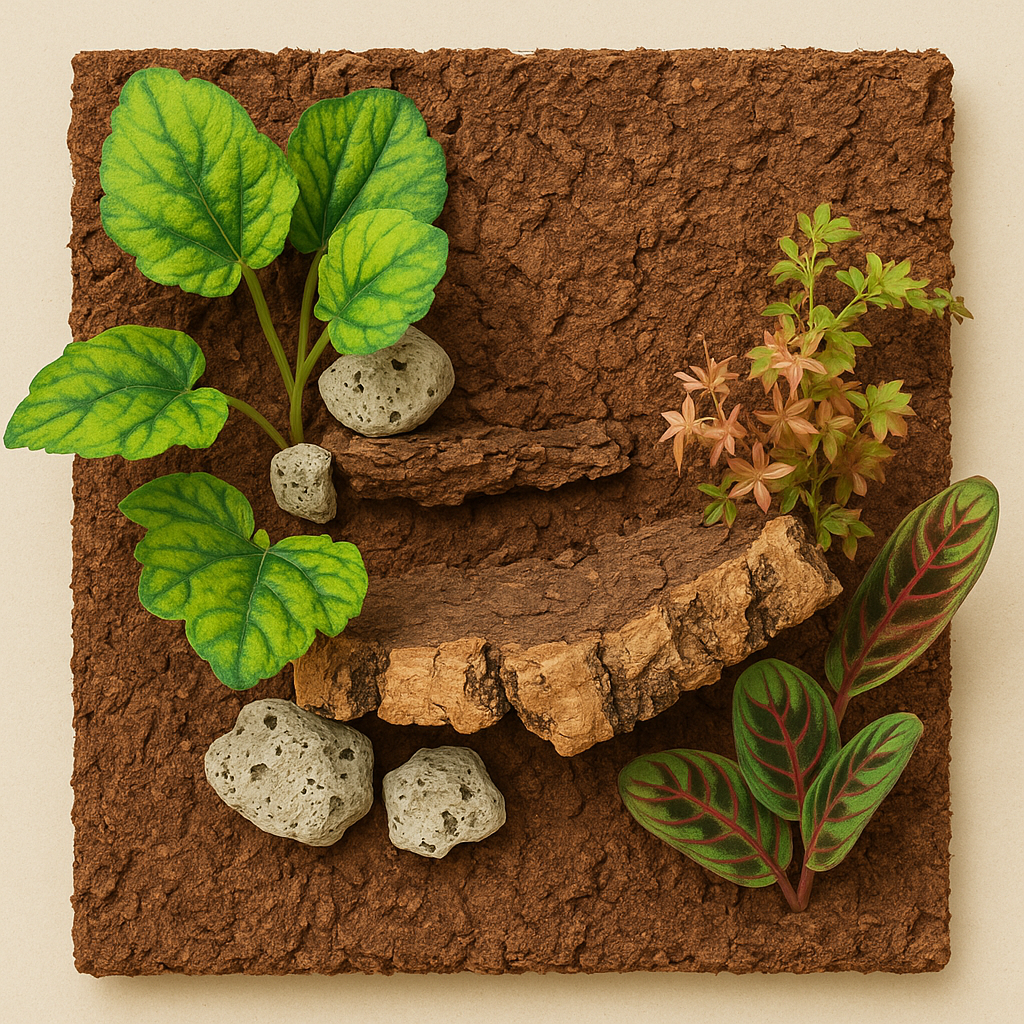
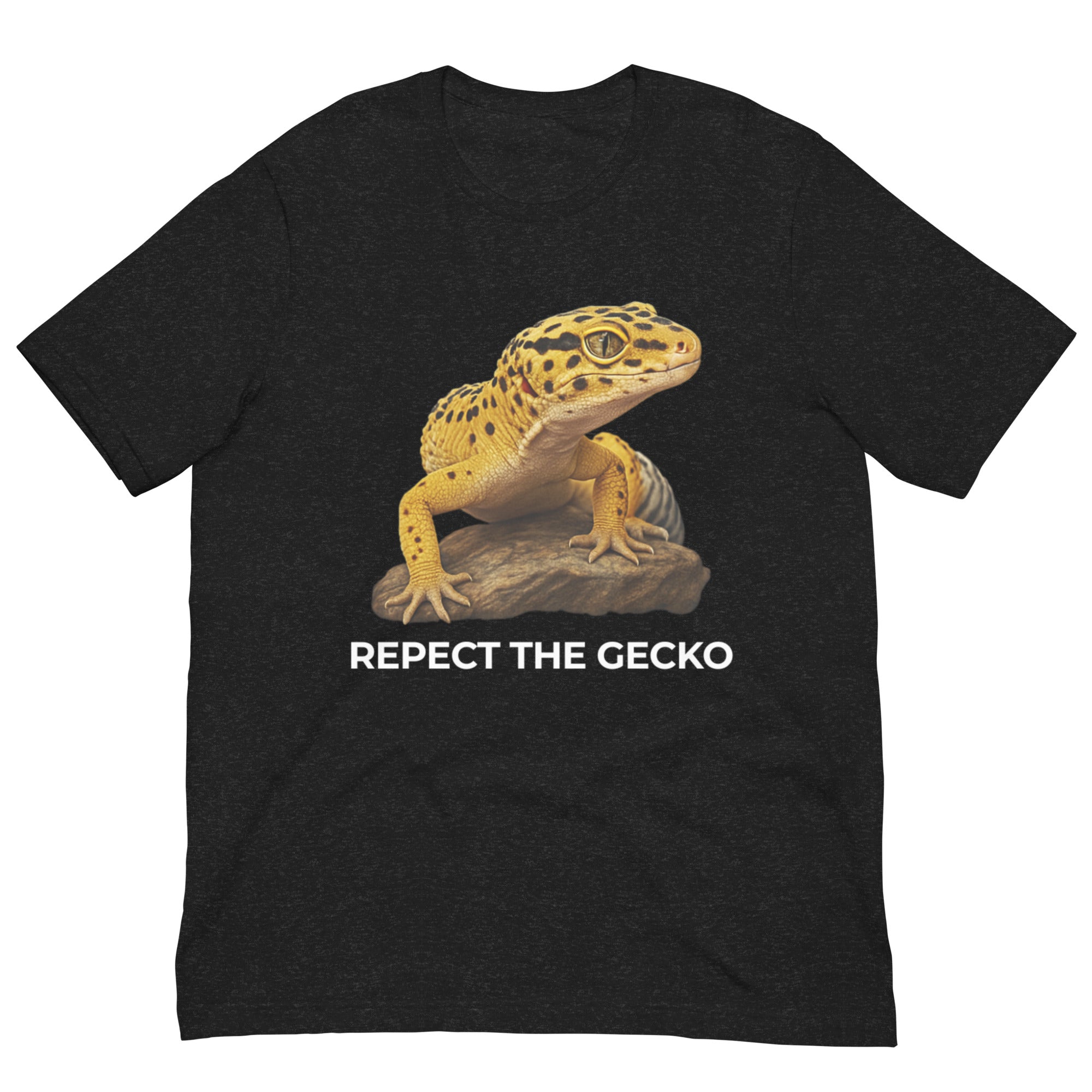

Leave a comment